In an era defined by rapid technological advancements, Saudi Arabia stands at the forefront of embracing digital transformation. As the nation propels itself into the digital age, the importance of robust cybersecurity measures cannot be overstated. With cyber threats evolving in complexity and frequency, safeguarding digital assets has become a top priority. This is where penetration testing companies in Saudi Arabia step in, playing a pivotal role in fortifying the kingdom’s digital defenses.
A. Importance of Cybersecurity in Saudi Arabia
Saudi Arabia’s journey towards a tech-driven future has been marked by remarkable strides. From smart cities to e-governance initiatives, the nation’s reliance on digital infrastructure has grown immensely. With this rapid digitization comes a parallel increase in the potential attack surface for cybercriminals. Protecting critical infrastructure, sensitive data, and the overall digital ecosystem has become imperative.
The oil and energy sectors, financial institutions, healthcare facilities, and governmental bodies all operate within the digital realm, making them vulnerable targets for cyberattacks. Breaches could have far-reaching consequences, impacting not just individual entities, but also the national economy and public trust. The rising tide of cyber threats underscores the need for a comprehensive cybersecurity strategy that encompasses proactive measures.
B. Role of Penetration Testing in Strengthening Digital Defenses
In this landscape of growing cyber risks, penetration testing emerges as a crucial strategy for safeguarding digital assets. Penetration testing, often referred to as ethical hacking, involves the simulation of real-world cyberattacks on an organization’s systems, networks, and applications. The primary goal is to identify vulnerabilities before malicious actors can exploit them.
Penetration testing companies in Saudi Arabia play a dual role: they act as skilled allies to organizations, identifying weak points in their digital infrastructure, and they also serve as a wake-up call to the potential consequences of not investing in cybersecurity. Through systematic testing and analysis, these companies expose potential entry points and weaknesses that could be exploited by cybercriminals.
By actively seeking out vulnerabilities and providing actionable insights, penetration testing empowers organizations to make informed decisions about where to allocate resources for remediation. The process doesn’t end with identifying vulnerabilities; it extends to offering comprehensive recommendations for enhancing cybersecurity measures.
II. Understanding Penetration Testing
In the realm of cybersecurity, where threats constantly evolve and adversaries become more sophisticated, “pen testing,” emerges as a beacon of assurance. By simulating real-world cyberattacks, penetration testing helps organizations identify vulnerabilities, assess their security posture, and fortify their digital defenses. Let’s delve into the details of this essential practice and explore its various types.
A. Definition and Purpose
Penetration testing, often referred to as ethical hacking, is a controlled and systematic approach to assessing an organization’s digital security measures. The primary purpose is to identify vulnerabilities and weaknesses before malicious actors can exploit them. Unlike malicious hackers, ethical hackers work with the organization’s consent to uncover potential entry points, assess the impact of successful breaches, and provide recommendations for remediation.
The core objectives of penetration testing include:
- Vulnerability Identification: Uncovering potential weaknesses, misconfigurations, and vulnerabilities within systems, networks, applications, and devices.
- Risk Assessment: Evaluating the potential impact and likelihood of successful cyberattacks based on the identified vulnerabilities.
- Security Validation: Verifying the effectiveness of existing security controls, policies, and measures in real-world attack scenarios.
- Remediation Guidance: Offering actionable insights and recommendations to address vulnerabilities and enhance overall cybersecurity.
B. Types of Penetration Testing
Penetration testing comes in various flavors, each tailored to specific aspects of an organization’s digital environment. Here’s a breakdown of the key types of penetration testing:
| Type of Penetration Testing | Focus Area |
|---|---|
| Network Penetration Testing | Identifying vulnerabilities in network infrastructure, including routers, firewalls, switches, and servers. Evaluating the risk of unauthorized access, data breaches, and network disruptions. |
| Web Application Penetration Testing | Assessing vulnerabilities in web applications, APIs, and websites. Identifying issues such as SQL injection, cross-site scripting (XSS), and authentication weaknesses. |
| Mobile Application Penetration Testing | Analyzing the security of mobile apps on various platforms (iOS, Android). Detecting vulnerabilities that could lead to data leakage, unauthorized access, or compromised user privacy. |
| Cloud Infrastructure Penetration Testing | Evaluating the security of cloud-based services and infrastructure. Ensuring proper configuration, access controls, and data protection in cloud environments. |
| Social Engineering Testing | Simulating human-based attacks to assess susceptibility to manipulation. Includes phishing, pretexting, and other techniques to exploit human behavior. |
| Physical Security Penetration Testing | Assessing the physical security measures of facilities, such as access controls, surveillance systems, and employee awareness. |
Each type of penetration testing caters to a specific aspect of an organization’s digital landscape. By conducting a combination of these tests, organizations can gain a comprehensive understanding of their overall security posture and prioritize their remediation efforts effectively.
C. Methodology and Approach
Penetration testing companies in Saudi Arabia employ a systematic and well-defined methodology to ensure accurate and comprehensive assessments. Their approach typically involves the following steps:
- Planning and Scoping: Defining the scope of the test, target systems, and objectives. This phase involves collaboration between the organization and the penetration testing team.
- Reconnaissance: Gathering information about the target systems, such as network architecture, software versions, and potential entry points.
- Vulnerability Analysis: Identifying potential vulnerabilities using automated tools and manual techniques. This phase involves vulnerability scanning and assessment.
- Exploitation: Attempting to exploit identified vulnerabilities to gain unauthorized access or control over systems.
- Post-Exploitation: Assessing the extent of access gained and the potential impact of a successful breach.
- Reporting: Compiling a detailed report that outlines the identified vulnerabilities, their potential impact, and recommendations for remediation.
- Remediation Guidance: Providing actionable recommendations to address vulnerabilities, along with guidance on improving security measures.
By adhering to a standardized methodology, penetration testing companies ensure that their assessments are thorough, consistent, and aligned with industry best practices.
III. Criteria for Selecting the Top Penetration Testing Companies
When evaluating the top penetration testing companies in Saudi Arabia, several key criteria come into play:
A. Industry Reputation and Experience
A reputable penetration testing company should have a track record of delivering high-quality services and maintaining a positive reputation within the cybersecurity industry. Established companies that have successfully conducted tests for a range of clients demonstrate their expertise through real-world experience.
B. Certifications and Expertise of the Team
Certifications such as Certified Ethical Hacker (CEH), Certified Information Systems Security Professional (CISSP), and Offensive Security Certified Professional (OSCP) highlight the expertise of the company’s ethical hacking team. These certifications indicate a deep understanding of penetration testing techniques and methodologies.
C. Range of Services Offered
Top penetration testing companies provide a comprehensive array of testing services, covering different aspects of digital infrastructure. This ensures that organizations can receive tailored assessments based on their specific needs, whether it’s network security, web application security, mobile app security, or other domains.
D. Client Portfolio and Testimonials
A strong portfolio of satisfied clients and positive testimonials reflects a company’s ability to deliver impactful results. Client feedback provides insights into the effectiveness of the testing process, the quality of the reports, and the company’s commitment to client satisfaction.
By evaluating penetration testing companies in Saudi Arabia based on these criteria, organizations can make informed decisions when selecting a partner to strengthen their cybersecurity defenses.
Stay tuned for the next segment, where we’ll explore the benefits of penetration testing and how it contributes to Saudi Arabia’s digital security landscape.
Top Penetration Testing Companies in Saudi Arabia
Qualysec
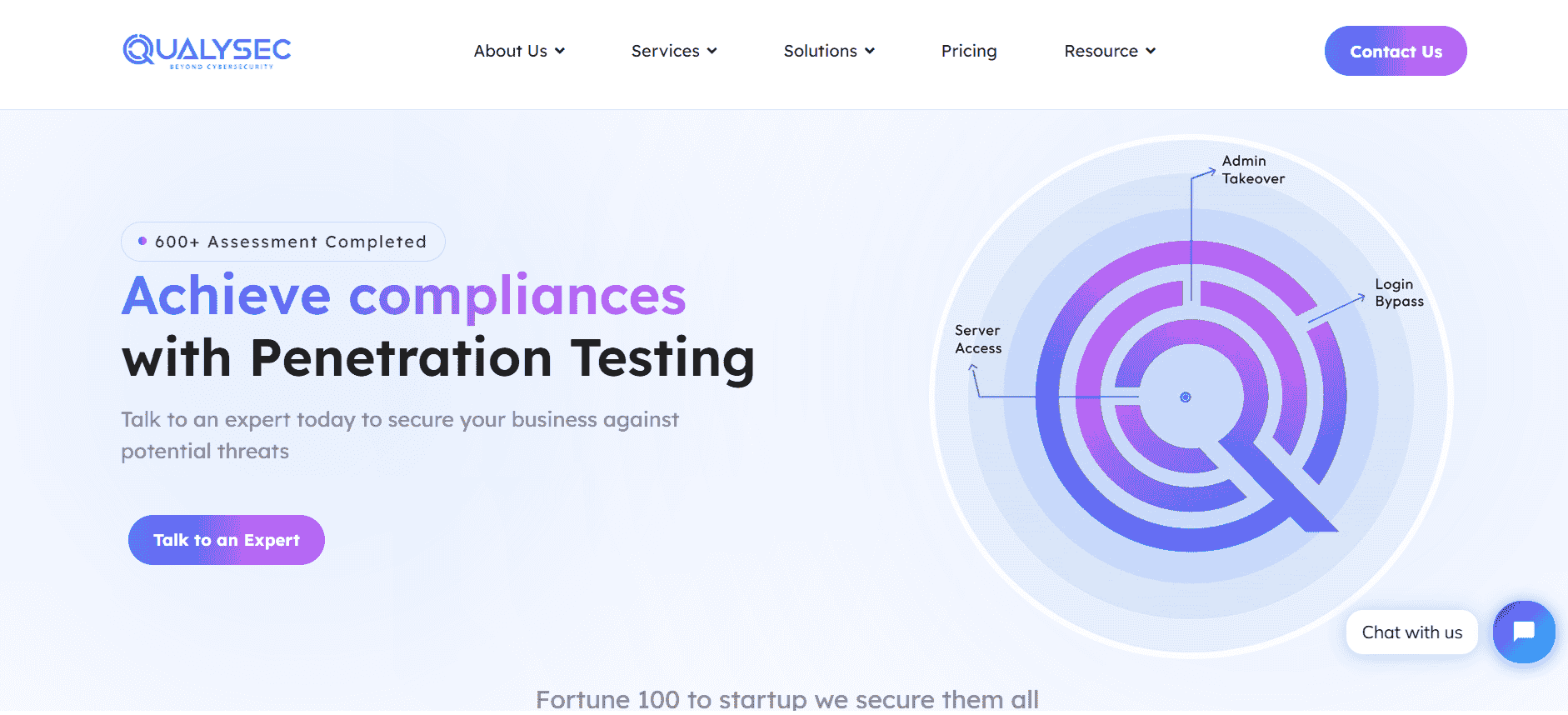
In a landscape where cybersecurity is of paramount importance, selecting the right penetration testing partner in Saudi Arabia is crucial. Organizations should consider factors such as the partner’s expertise, experience, certifications, and the range of services they offer. A reputable partner will work closely with the organization to tailor penetration tests to specific needs, industry standards, and regulatory requirements.
Qualysec is a prominent and leading mobile application penetration testing service provider. The company has quickly risen to prominence by delivering innovative cybersecurity solutions. With a commitment to protecting clients’ digital assets. Qualysec has a customer-centric approach, and Qualysec has garnered a formidable reputation within the industry.
Despite not having an office in Israel, Qualysec has developed a reputation as one of the best Penetration testing service providers in Saudi Arabia because of its broad knowledge and competence in cybersecurity testing services.
Key Cybersecurity Services and Solutions Provided:
Qualysec specializes in a wide range of cybersecurity services, primarily focusing on penetration testing. They conduct comprehensive assessments of clients’ networks, applications, and systems to identify vulnerabilities that cybercriminals could potentially exploit. Qualysec collaborates with the organization to establish a plan to address them and boost its overall security posture. Qualysec’s penetration testing methodology combines manual analysis with advanced automated tools to ensure a thorough and accurate evaluation. Among the several services available are:
- Web App Pentesting
- Mobile App Pentesting
- API Pentesting
- Cloud Security Pentesting
- IoT Device Pentesting
- AI /ML Pen-testing
In addition to penetration testing, Qualysec offers incident response services, providing clients with rapid and effective strategies to handle cyber incidents. Their experienced team of professionals assists clients in containing and mitigating the impact of security breaches.
Notable Clients and Successful Case Studies:
Qualysec has a diverse clientele, including large enterprises and organizations from various industries. While confidentiality agreements prevent the disclosure of specific client names, their clients consistently praise the effectiveness and reliability of Qualysec’s services.
In a recent case study, Qualysec collaborated with a major e-commerce platform to assess its website’s security. Through penetration testing, they discovered critical vulnerabilities in the platform’s payment gateway, which could have led to financial losses and reputational damage if exploited. Thanks to Qualysec’s swift response and detailed remediation recommendations, the e-commerce platform promptly secured its payment infrastructure and strengthened overall security.
Strengths and Unique Selling Points
Qualysec’s strengths lie in its expertise and dedication to delivering high-quality cybersecurity services. Their team of certified professionals possesses in-depth knowledge of the latest attack techniques and security best practices. This expertise enables them to provide accurate and actionable insights during penetration tests.
One of Qualysec’s unique selling points is its commitment to continuous improvement and staying ahead of evolving cyber threats. They invest in research and development to ensure their clients receive the most effective and up-to-date cybersecurity solutions.
Furthermore, Qualysec distinguishes itself through exceptional customer service and clear communication with clients. They prioritize understanding each client’s specific needs and tailoring their services accordingly. This customer-centric approach fosters long-lasting relationships based on trust and confidence. Hence Qualysec stands among the top cybersecurity companies in Saudi Arabia. Here are its key features.
Key Features
- Over 3,000 tests to detect and root out all types of vulnerabilities.
- Capable of detecting business logic errors and gaps in security.
- Ensures zero false positives through manual pen testing.
- Compliance-specific scans for SOC2, HIPAA, ISO27001, and other relevant standards.
- Provides in-call remediation assistance from security experts
Talk to our Cybersecurity Expert to discuss your specific needs and how we can help your business.
SAT Microsystems
SAT Microsystems is a leading cybersecurity company based in Saudi Arabia, specializing in providing comprehensive security solutions and services to protect digital assets from evolving cyber threats. With a deep understanding of the local cybersecurity landscape, SAT Microsystems has established itself as a trusted partner for organizations seeking robust cybersecurity measures.
Penetration Testing Focus: SAT Microsystems excels in penetration testing, focusing on various domains including network security, web application security, mobile application security, and IoT device security. By simulating real-world attacks, they identify vulnerabilities and provide actionable insights to enhance an organization’s security posture.
Executech
Overview: Executech is a renowned cybersecurity company operating in Saudi Arabia, dedicated to delivering cutting-edge security solutions that empower organizations to navigate the digital landscape safely. With a focus on innovation and excellence, Executech has earned its reputation as a trusted cybersecurity partner.
Penetration Testing Focus: Executech specializes in penetration testing services that cover various aspects of cybersecurity, including network infrastructure, web applications, mobile apps, and cloud environments. Their methodology involves thorough assessments, detailed reporting, and actionable recommendations.
Tenable
Tenable is a cybersecurity company that offers penetration testing services to organizations in Dubai. Their team of experts can help organizations identify vulnerabilities and recommend solutions to improve their security posture.
NCC Group
NCC Group is a UK-based cyber security company offering a range of services, including penetration testing, vulnerability assessments, and compliance testing. Furthermore, they work with organizations across various industries, including finance, healthcare, and retail, to help them secure their digital assets. NCC Group has a team of highly skilled cybersecurity experts who are well-versed in the latest cybersecurity trends and technologies.
VII. Industry Trends and Challenges in Penetration Testing
In the ever-evolving landscape of cybersecurity, the practice of penetration testing has been a stalwart defender against digital threats. As new technologies emerge and adversaries become more sophisticated, the realm of penetration testing adapts to ensure the continued security of digital assets. Let’s explore how penetration testing is evolving to address new and emerging threats.
B. How Penetration Testing Evolves to Address New Threats
The world of cybersecurity is in a constant state of flux. As technology advances, so do the tactics and techniques employed by cyber adversaries. Traditional approaches to penetration testing are no longer sufficient to combat the intricacies of modern cyber threats. Here’s how penetration testing is evolving to stay one step ahead:
1. IoT and Smart Device Security
The proliferation of Internet of Things (IoT) devices has introduced a myriad of new attack surfaces. From smart home appliances to industrial control systems, each device poses a potential vulnerability. Penetration testing companies in Saudi Arabia are now focusing on assessing the security of these connected devices, identifying potential points of compromise, and ensuring that manufacturers adhere to security best practices.
2. Cloud Security Challenges
As organizations embrace cloud computing and migrate their infrastructure to the cloud, new security challenges arise. Penetration testing for cloud environments requires specialized expertise in evaluating the configuration of cloud services, ensuring proper access controls, and safeguarding sensitive data stored in remote servers.
3. Application Programming Interfaces (APIs)
APIs have become a cornerstone of modern application development, enabling seamless integration and communication between different services. However, they can also serve as potential entry points for attackers if not properly secured. Penetration testing now extends to assessing the security of APIs and identifying vulnerabilities that could lead to data breaches or unauthorized access.
4. Artificial Intelligence and Machine Learning Threats
While artificial intelligence (AI) and machine learning (ML) bring remarkable advancements, they also present potential vulnerabilities. Attackers can manipulate algorithms, and AI-driven systems might inadvertently make security decisions that compromise data. Penetration testing is evolving to assess the security of AI and ML systems, ensuring that they are robust against adversarial attacks.
5. Ransomware and Zero-Day Vulnerabilities
The rise of ransomware attacks and zero-day vulnerabilities underscores the need for proactive security measures. Penetration testing companies are now incorporating techniques that mimic these real-world threats, allowing organizations to assess their preparedness in the face of ransomware attacks and unknown vulnerabilities.
6. Continuous Testing and Red Teaming
To keep up with the dynamic threat landscape, organizations are adopting continuous penetration testing and red teaming practices. This involves ongoing assessments rather than one-time tests, allowing organizations to detect vulnerabilities as soon as they emerge and implement swift remediation.
7. Regulatory Compliance
Increasingly stringent regulations and standards, such as GDPR and NESA, require organizations to prioritize data privacy and security. Penetration testing is evolving to address specific compliance requirements, ensuring that organizations meet the necessary security standards.
VIII. Choosing the Right Penetration Testing Company for Your Needs
In a digital landscape rife with cyber threats, selecting the right penetration testing company can be a game-changer for your organization’s cybersecurity. As you navigate the vast array of options among penetration testing companies in Saudi Arabia, it’s essential to make an informed decision that aligns with your unique requirements. Let’s delve into the steps you should take to choose the perfect partner for fortifying your digital defenses.
A. Understanding Your Organization’s Requirements
Before embarking on the journey to find the ideal penetration testing company, it’s imperative to have a clear understanding of your organization’s specific needs and objectives. Consider the following factors:
- Scope and Assets: Identify the systems, networks, applications, and assets that need to be tested. Determine if you need specialized assessments, such as web application testing or IoT device security evaluation.
- Compliance: If your organization operates in a regulated industry, consider the compliance standards you must adhere to. Ensure that the penetration testing company is well-versed in the relevant regulations.
- Frequency: Decide whether you need a one-time assessment or ongoing testing as part of a continuous security strategy.
B. Evaluating Services and Costs
As you evaluate penetration testing companies, it’s crucial to assess the range of services they offer and how they align with your organization’s needs. Consider the following aspects:
- Types of Testing: Review the company’s expertise in various types of penetration testing, including network, web application, mobile, and cloud testing. Ensure their services cover your specific requirements.
- Methodology: Understand the company’s testing approach, methodology, and tools they use. A transparent and well-documented methodology indicates professionalism.
- Certifications and Expertise: Verify the certifications of their ethical hacking team. Certifications like OSCP, CISSP, and CEH demonstrate their skill level.
- Sample Reports: Request sample penetration testing reports to assess the depth and clarity of their findings and recommendations.
- Costs: While cost is a factor, don’t compromise quality for the sake of saving money. Look for a balance between cost and the value provided.
C. Making an Informed Decision
After gathering the necessary information, it’s time to make an informed decision:
- Research: Conduct thorough research on the shortlisted companies. Read reviews, testimonials, and case studies to gauge their reputation and track record.
- Consultation: Schedule consultations with the potential companies. Discuss your organization’s requirements, ask questions, and evaluate their responsiveness and willingness to understand your needs.
- Customization: A reputable penetration testing company should be willing to customize their services based on your specific requirements.
- Clear Communication: Ensure that the company communicates effectively and transparently. A clear line of communication is essential throughout the assessment process.
- Value over Price: While cost is a factor, prioritize value and expertise over a low price. A comprehensive assessment by skilled professionals can prevent potential breaches that might cost your organization significantly more.
Choosing the right penetration testing company is a critical step in ensuring your organization’s cybersecurity. By understanding your needs, evaluating services and costs, and making a well-informed decision, you can partner with a company that aligns with your goals and helps you build robust digital defenses against evolving cyber threats.
Latest Penetration Testing Report
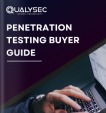
IX. Conclusion
In an era where digital innovation is driving progress, cybersecurity remains a cornerstone of a nation’s prosperity and security. Throughout this journey, we’ve delved into the world of penetration testing and its vital role in safeguarding Saudi Arabia’s digital fortresses.
As Saudi Arabia accelerates its journey towards technological excellence, the adoption of robust cybersecurity measures becomes paramount. The role of penetration testing companies in Saudi Arabia cannot be overstated. By partnering with these experts, organizations can uncover vulnerabilities, prioritize remediation efforts, and ensure the resilience of their digital infrastructure against evolving threats.
FAQs
Q1: What is the role of penetration testing in Saudi Arabia’s cybersecurity landscape?
A1: Penetration testing plays a vital role in Saudi Arabia’s cybersecurity by identifying vulnerabilities in digital systems, networks, and applications. It enables organizations to proactively address weaknesses and fortify their defenses against cyber threats.
Q2: How often should organizations conduct penetration testing?
A2: The frequency of penetration testing depends on factors such as the organization’s industry, compliance requirements, and the rate of technological changes. Some organizations conduct annual tests, while others opt for continuous testing to stay ahead of emerging threats.
Q3: How do penetration testing companies stay up-to-date with new threats?
A3: Reputable penetration testing companies invest in continuous education, research, and development. They monitor emerging cyber threats, stay updated with the latest attack techniques, and adapt their methodologies to address new vulnerabilities.
Q4: What are the benefits of continuous penetration testing?
A4: Continuous penetration testing ensures that an organization’s security posture remains resilient against evolving threats. It allows for real-time vulnerability identification and helps organizations address weaknesses promptly, reducing the window of opportunity for attackers.
Q5: Can small businesses benefit from penetration testing?
A5: Absolutely. Small businesses are not immune to cyber threats and can benefit significantly from penetration testing. It helps them identify vulnerabilities, prioritize limited resources effectively, and protect their digital assets.









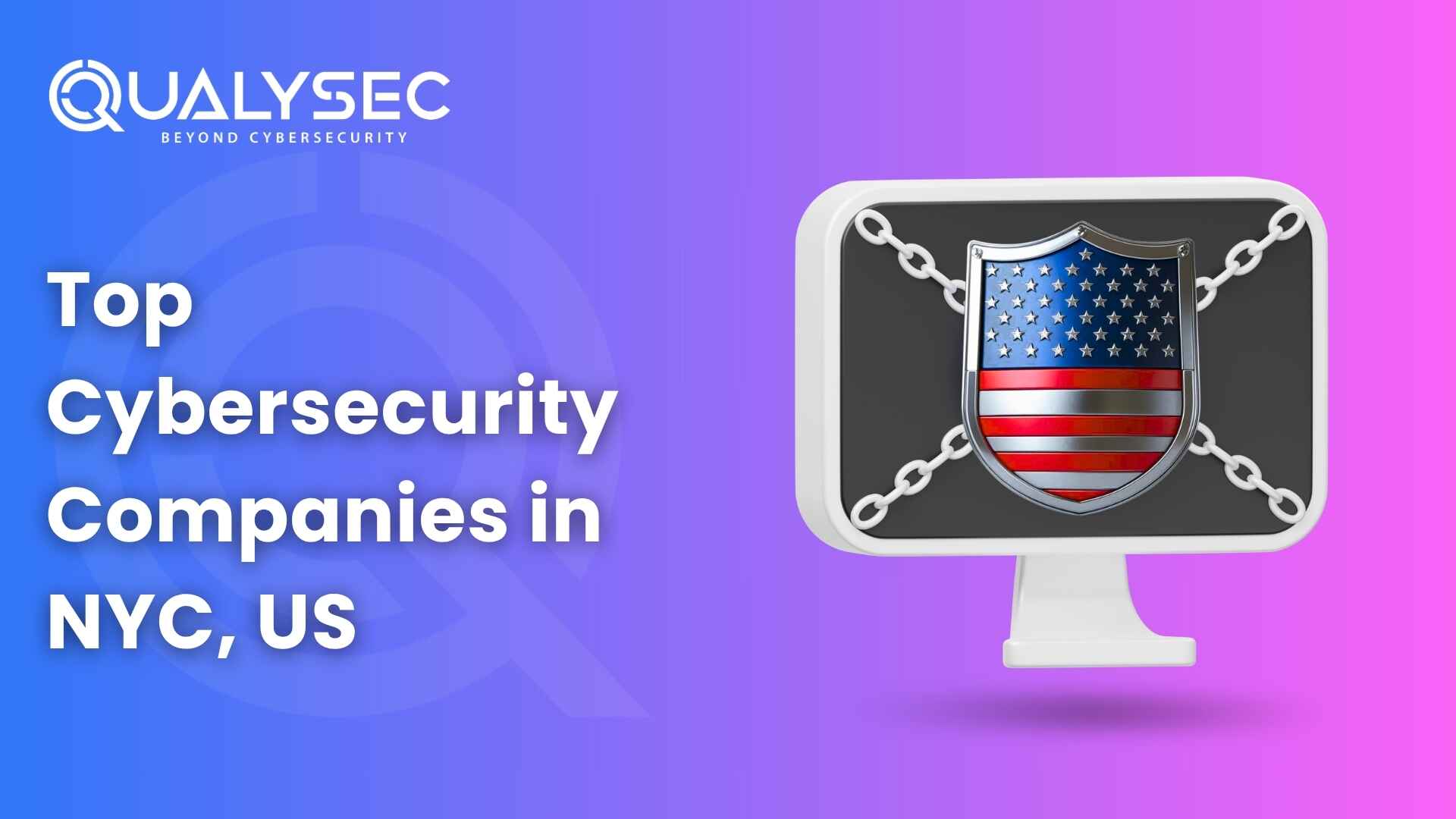
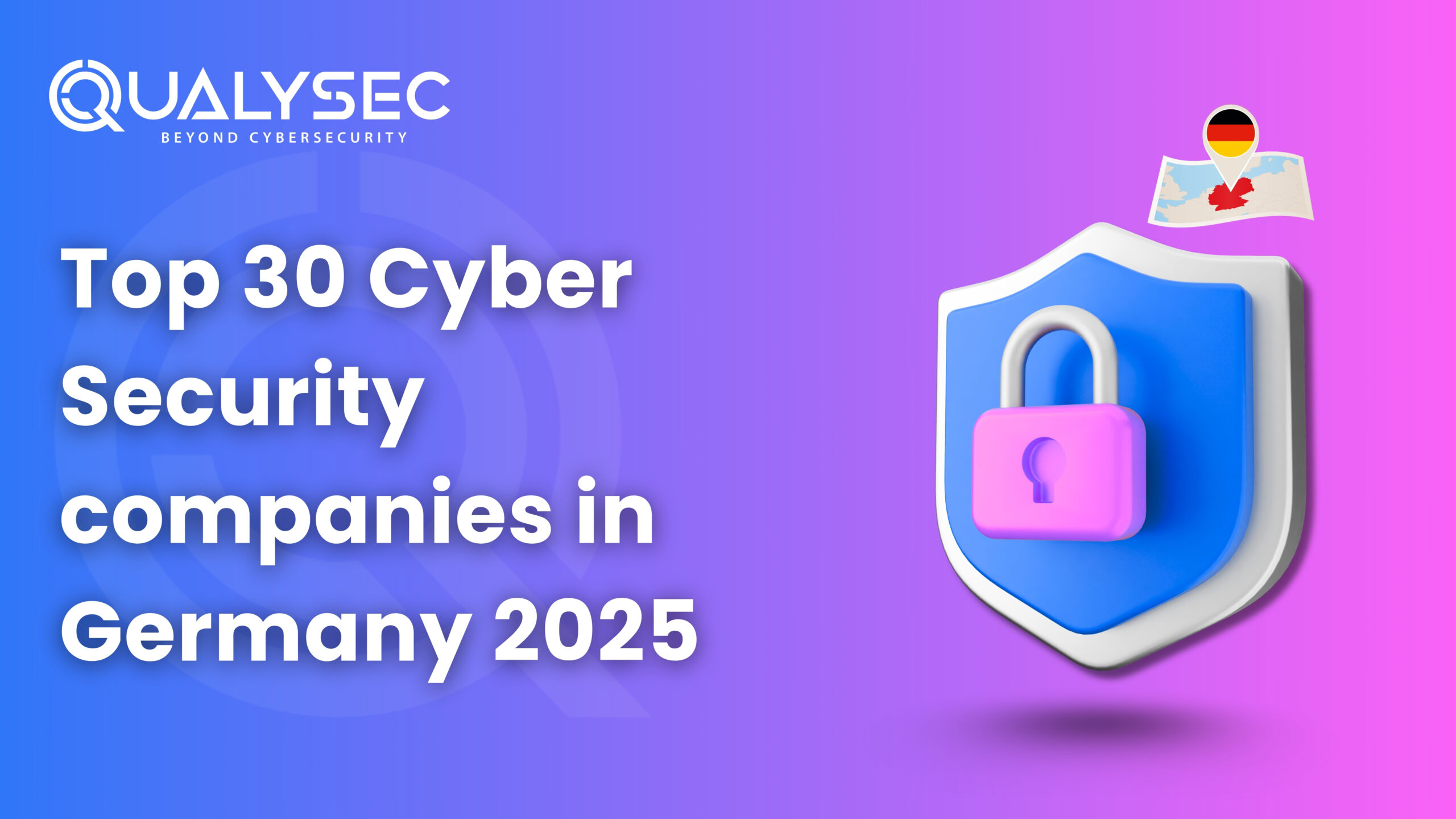
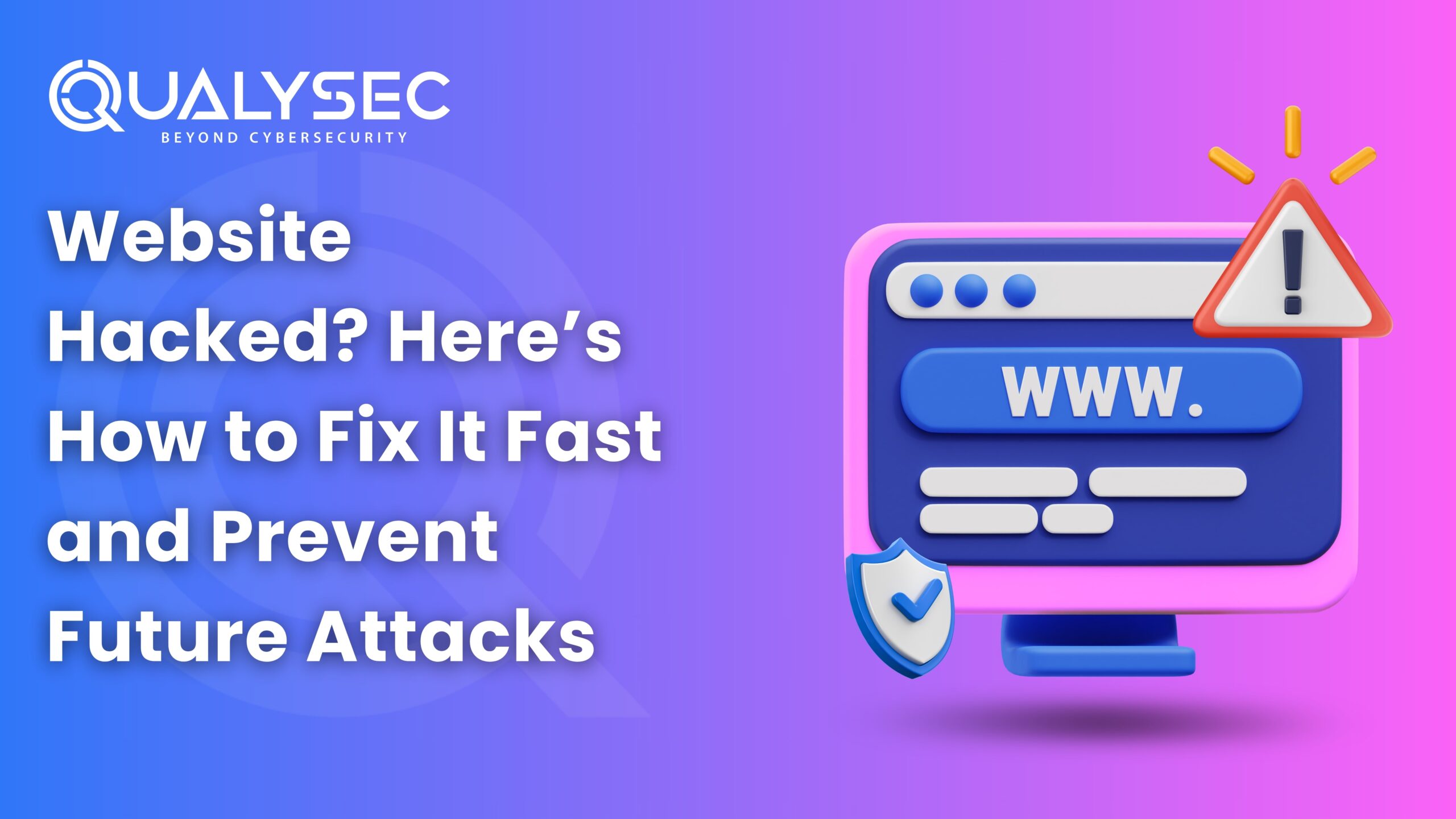

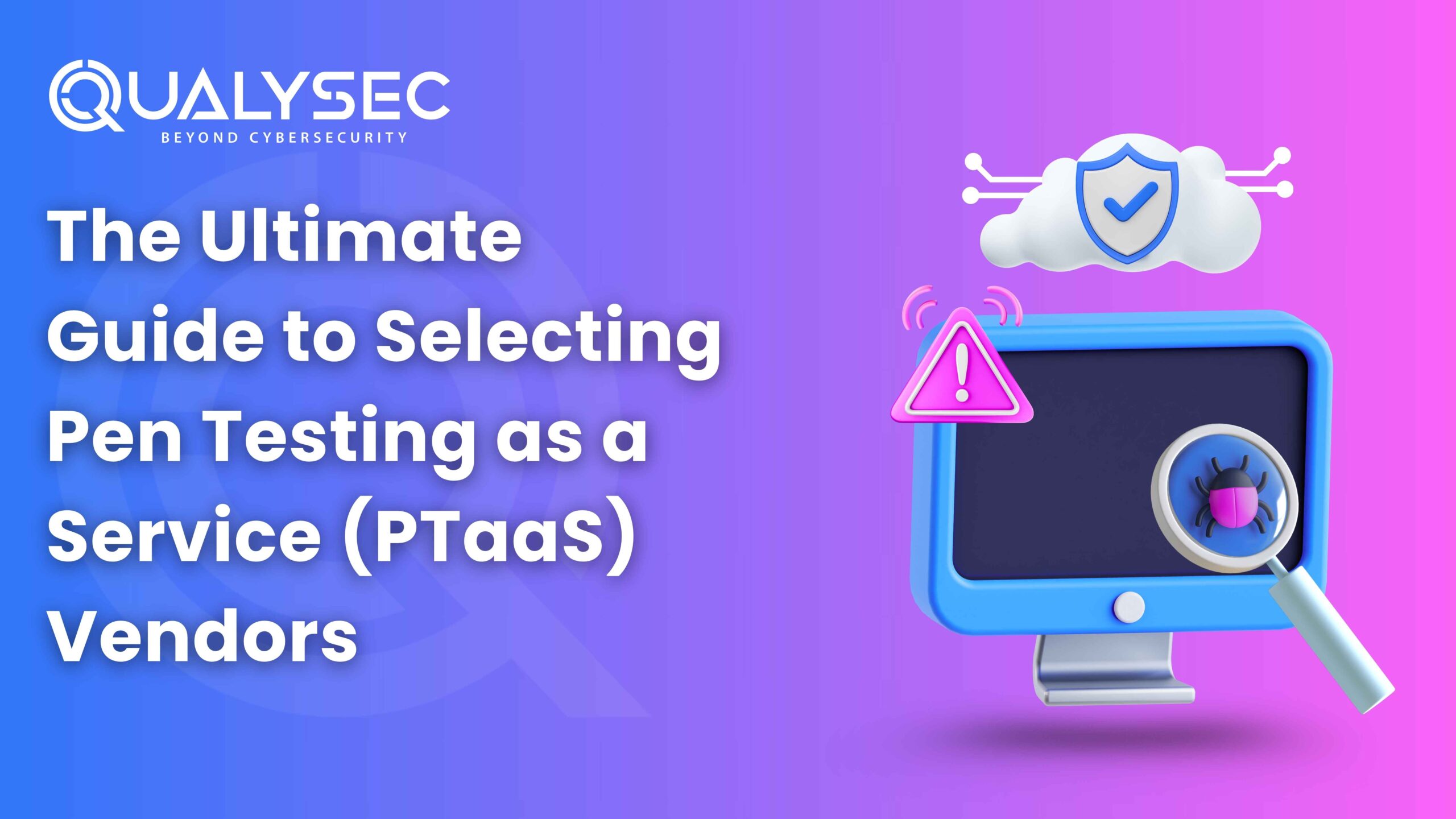

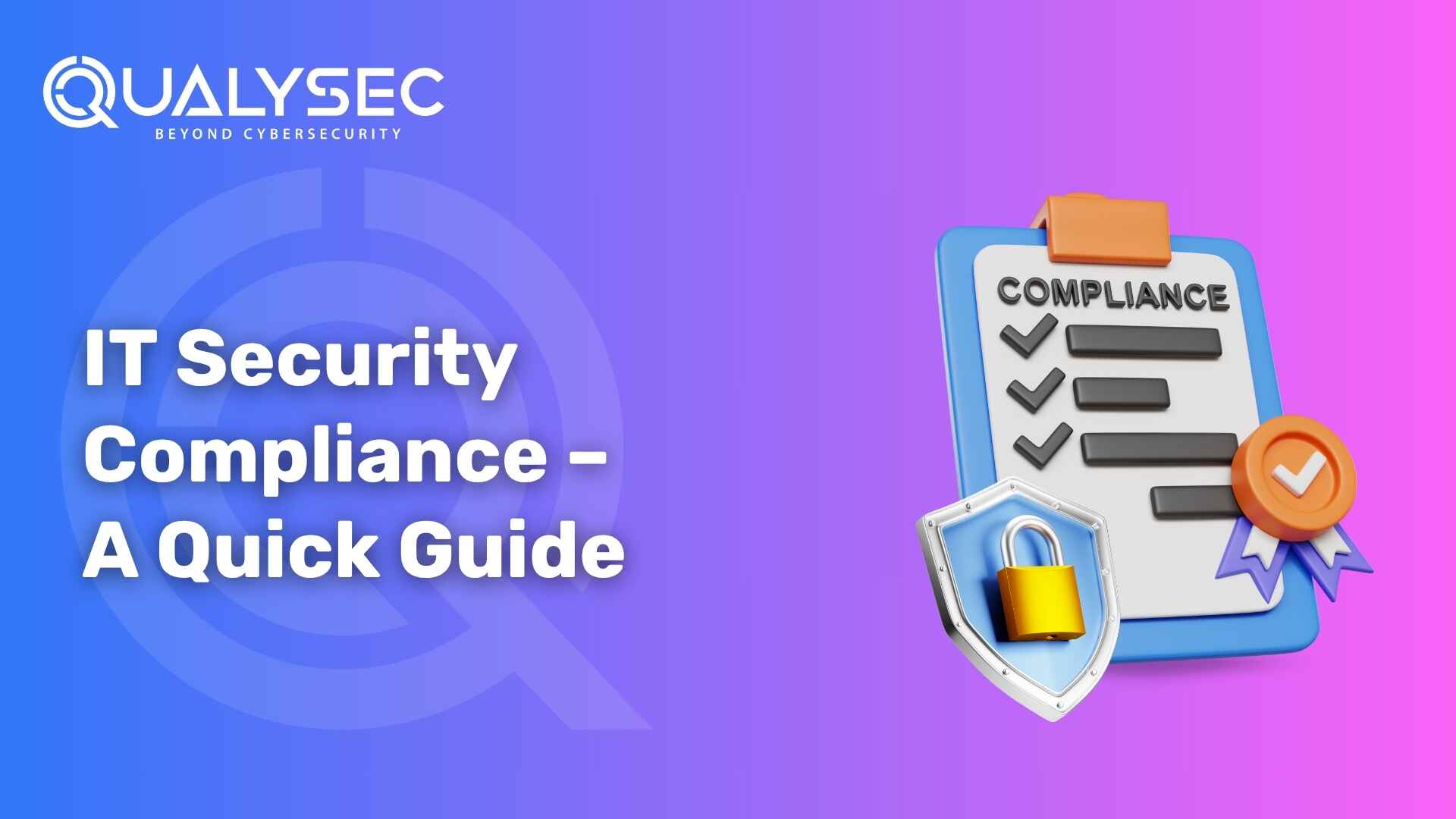
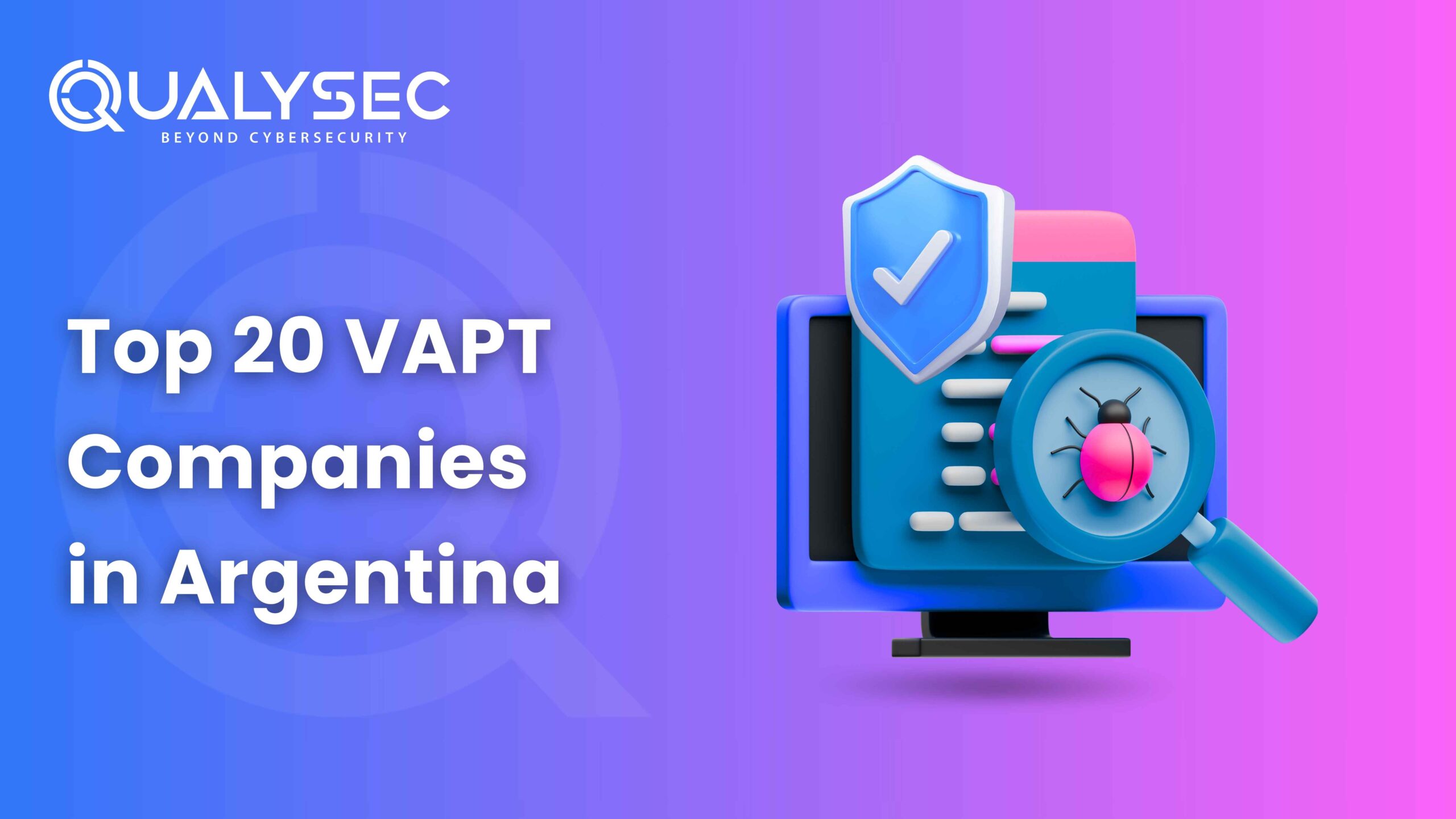
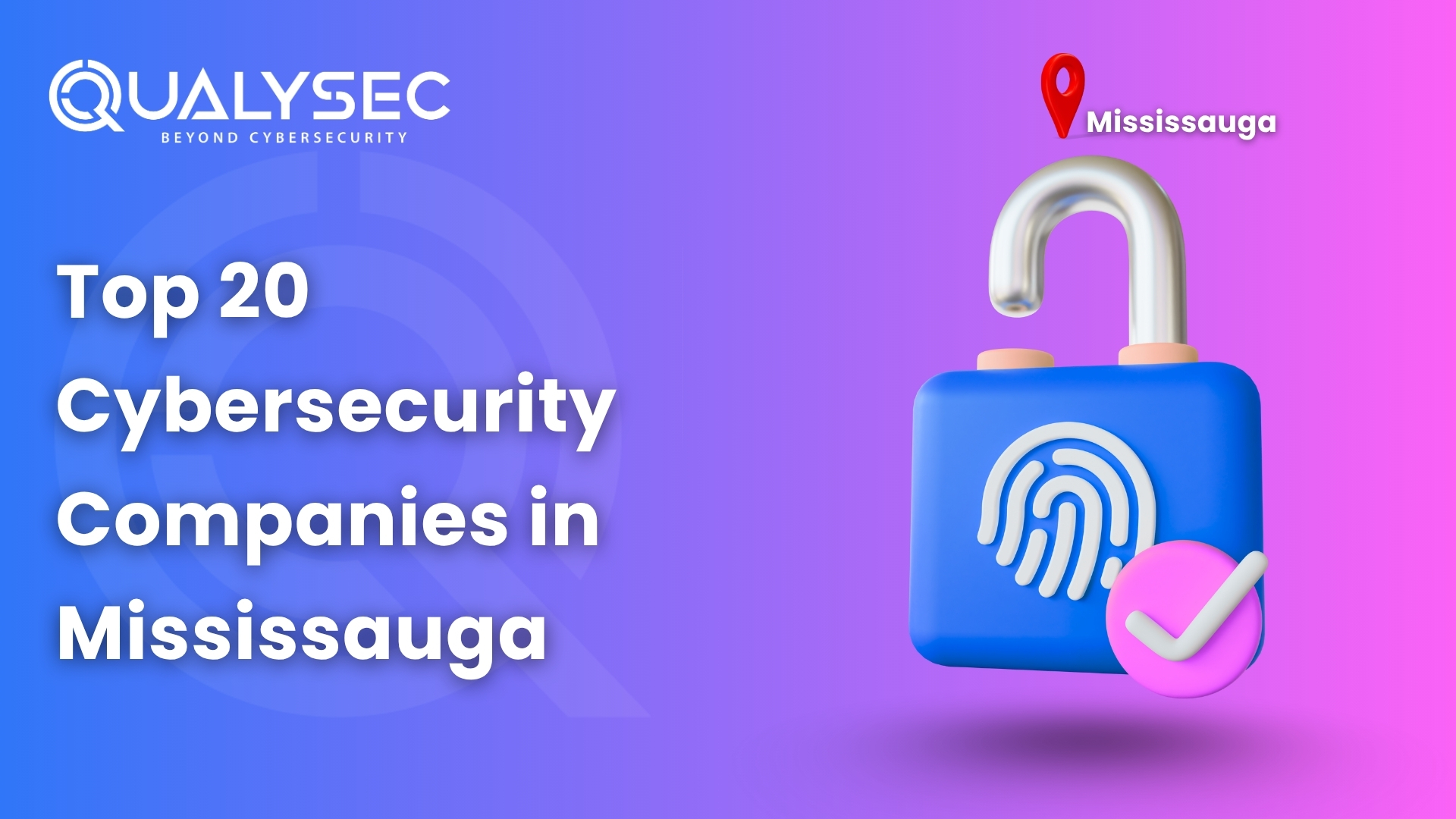




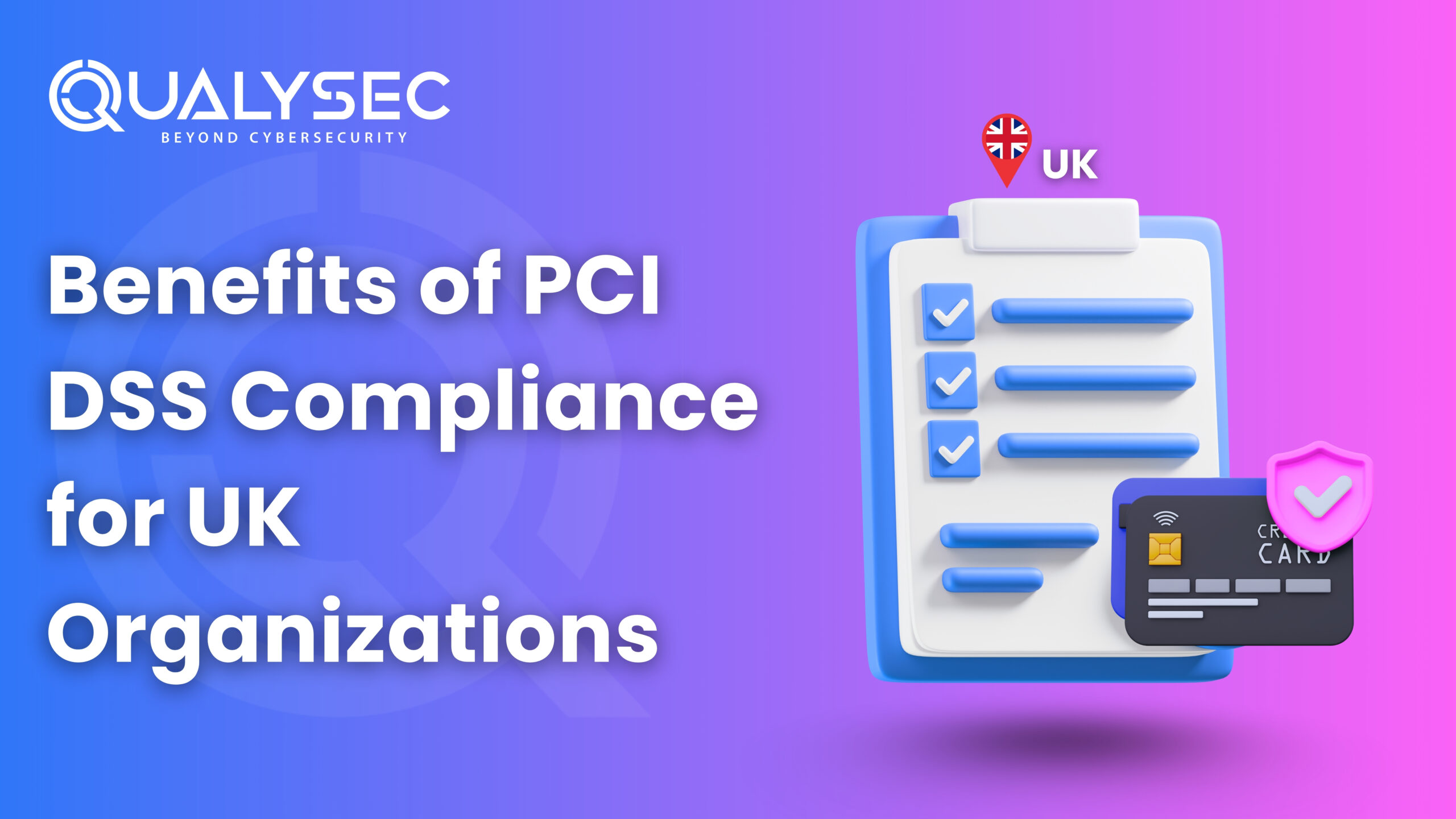


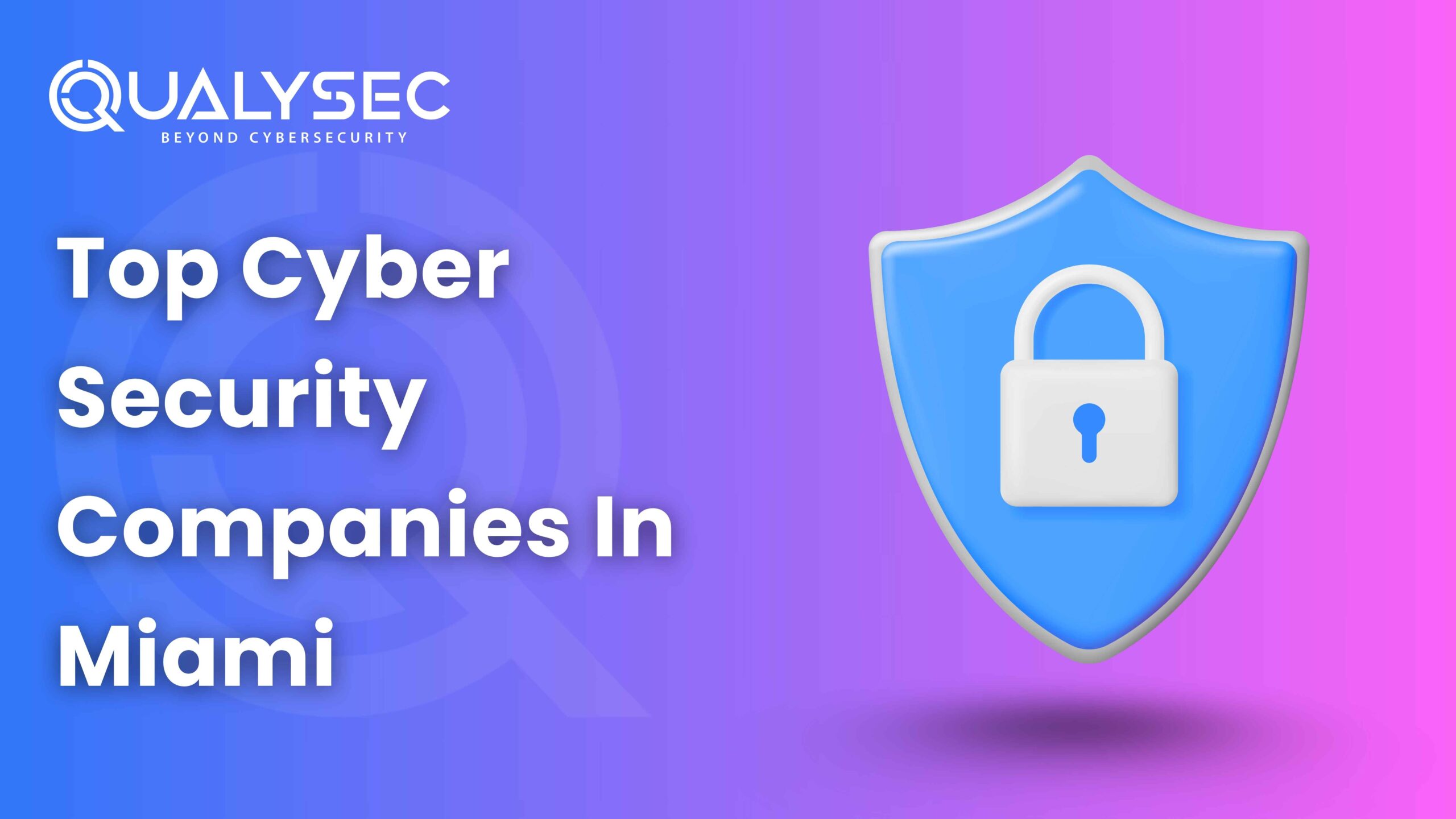

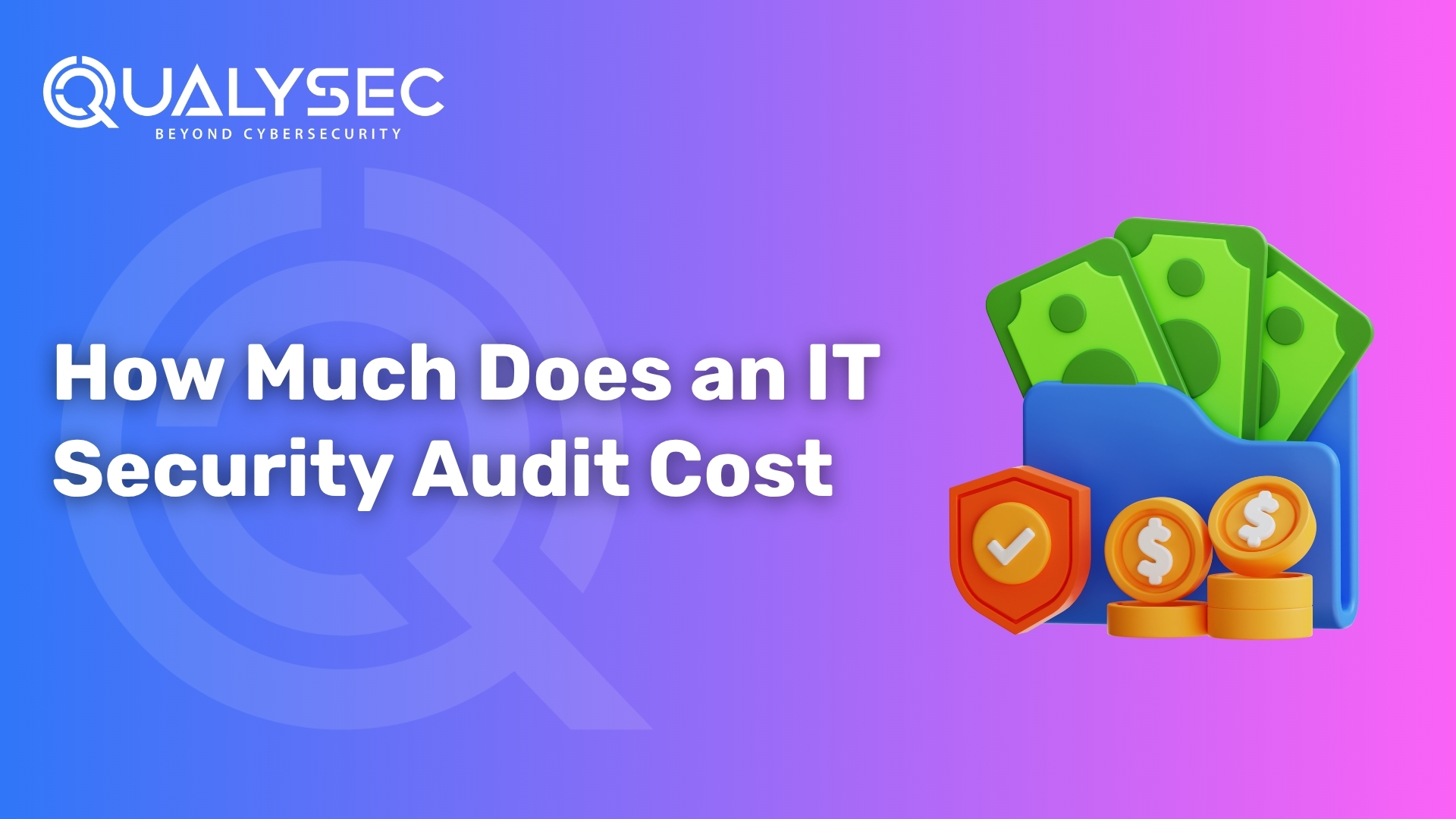

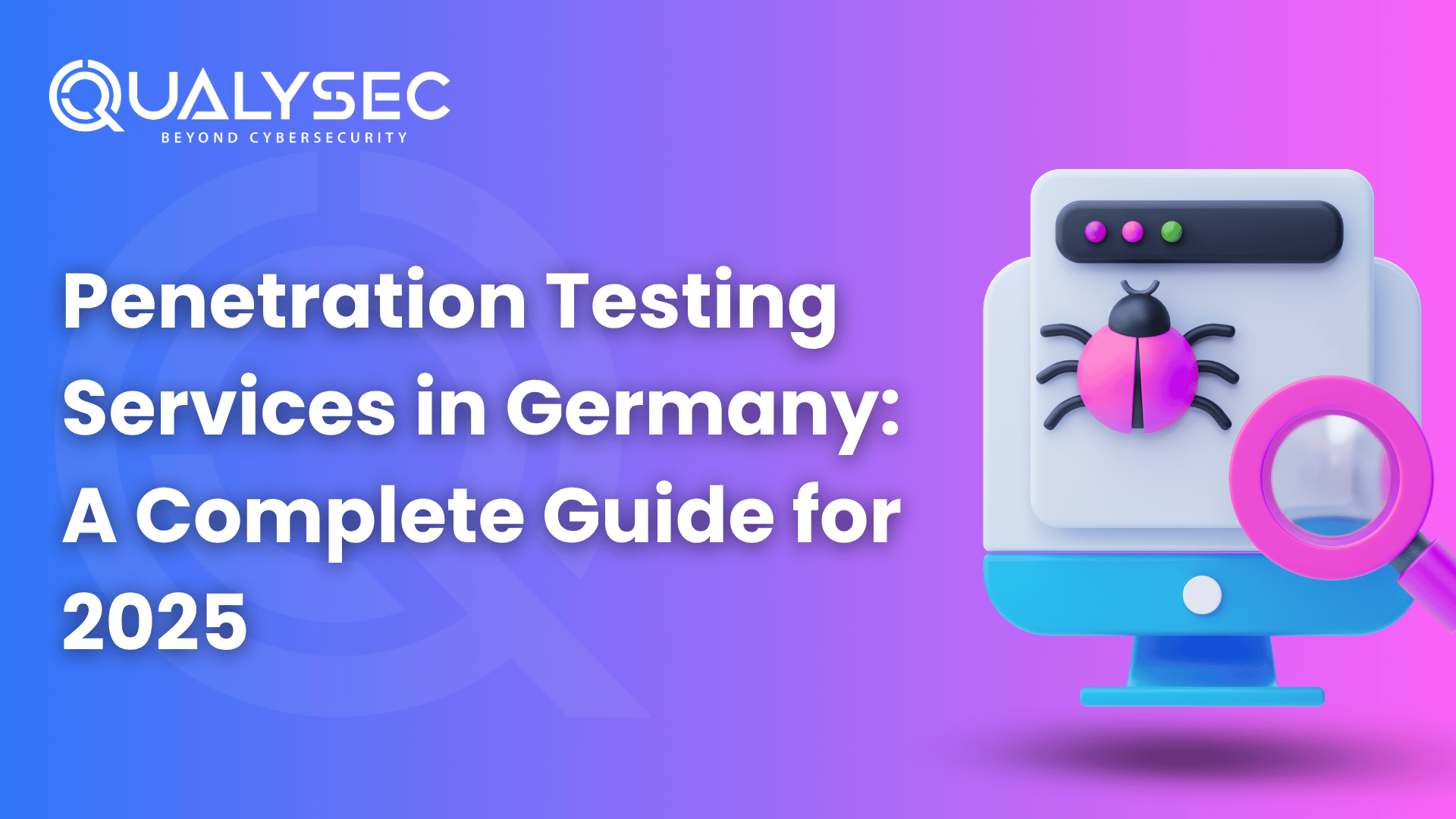
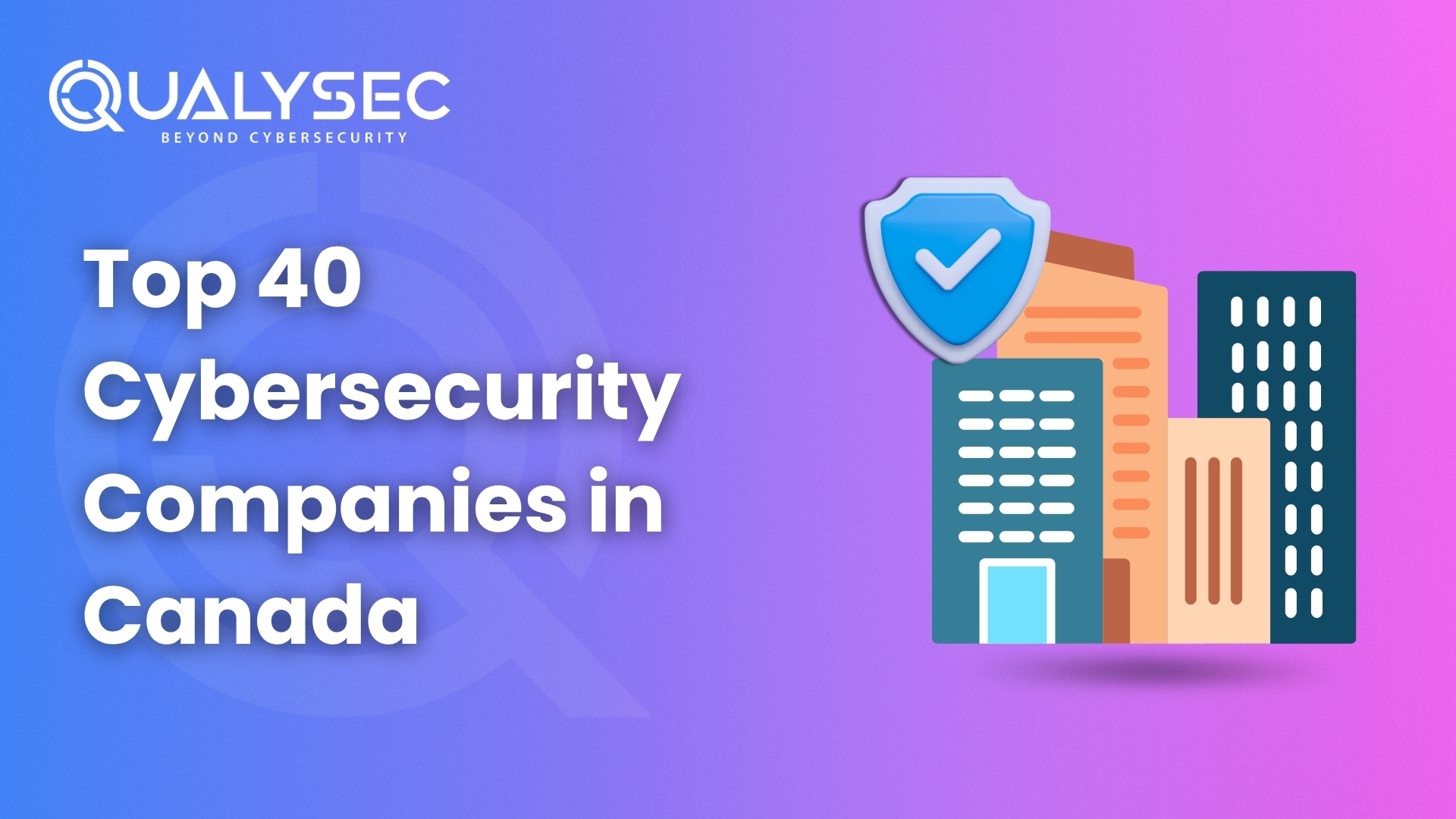
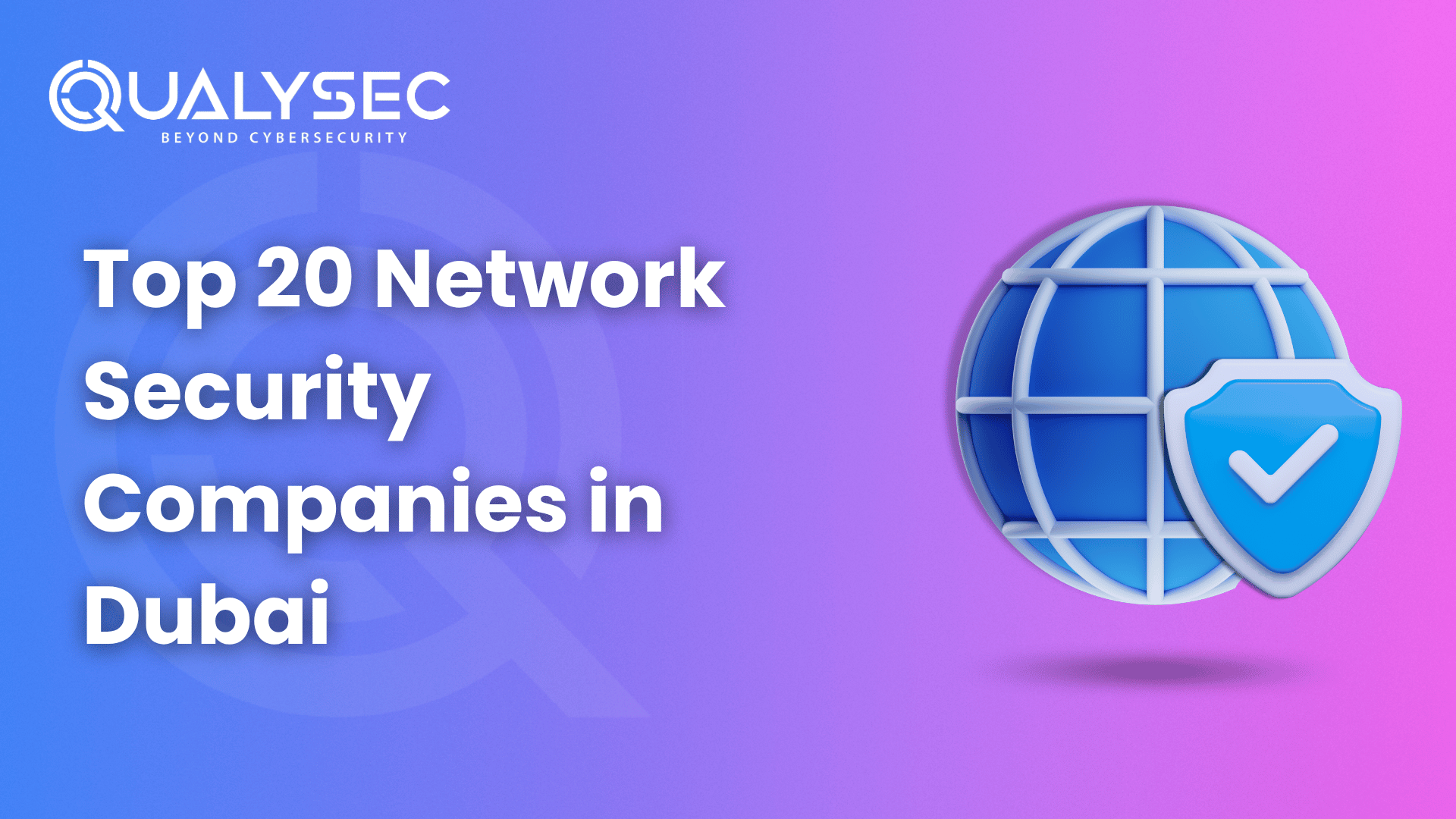
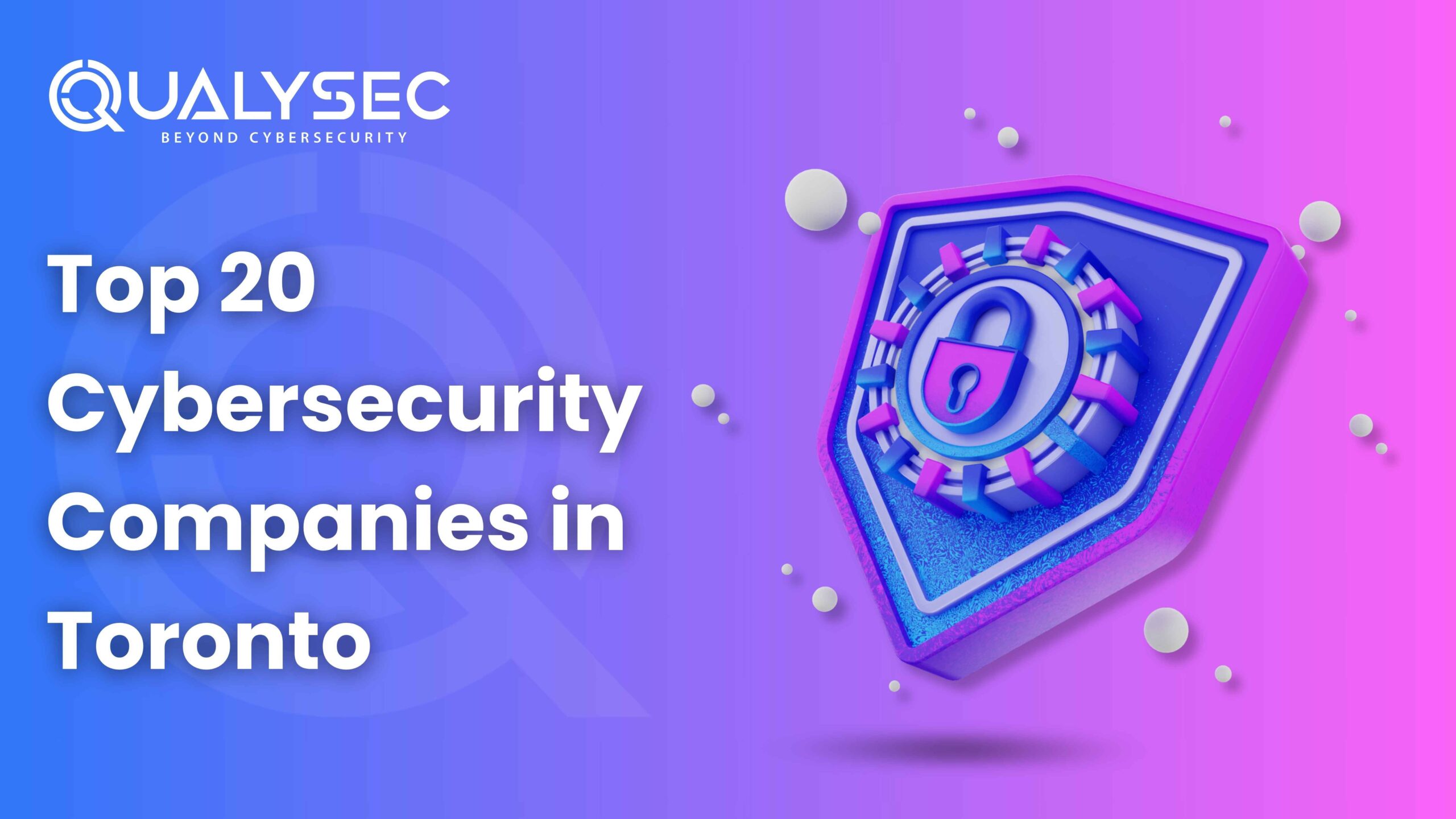
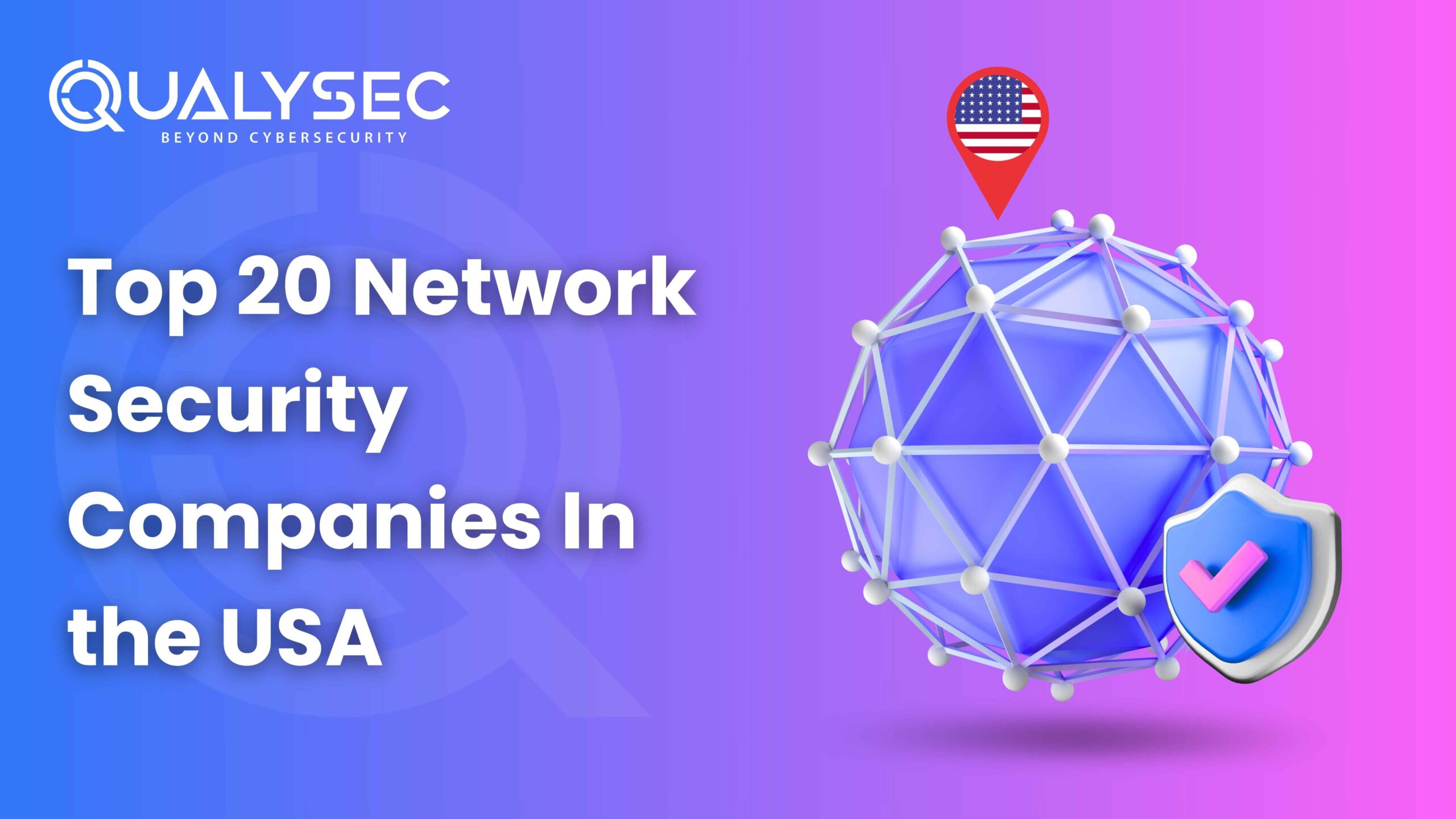
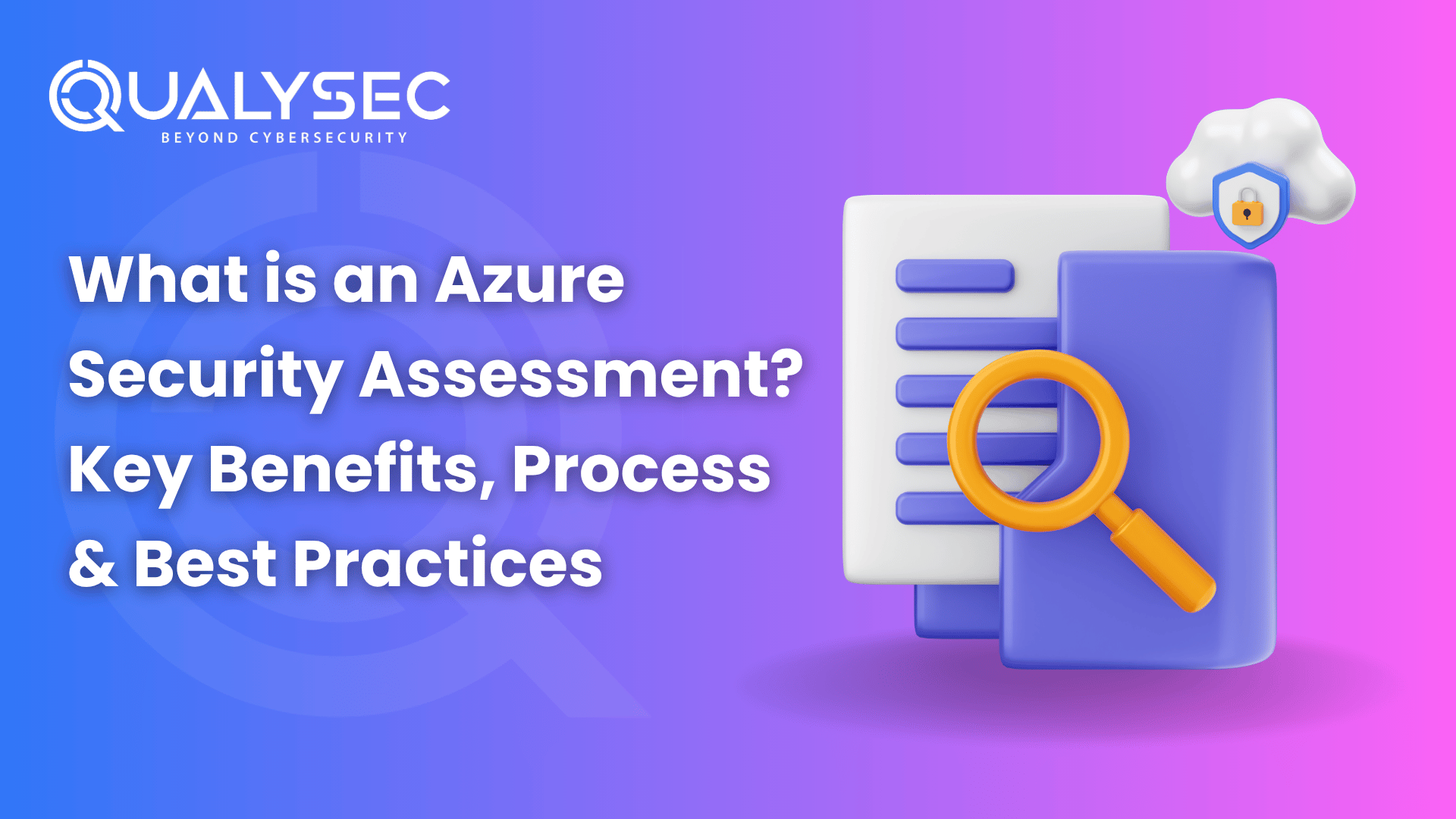
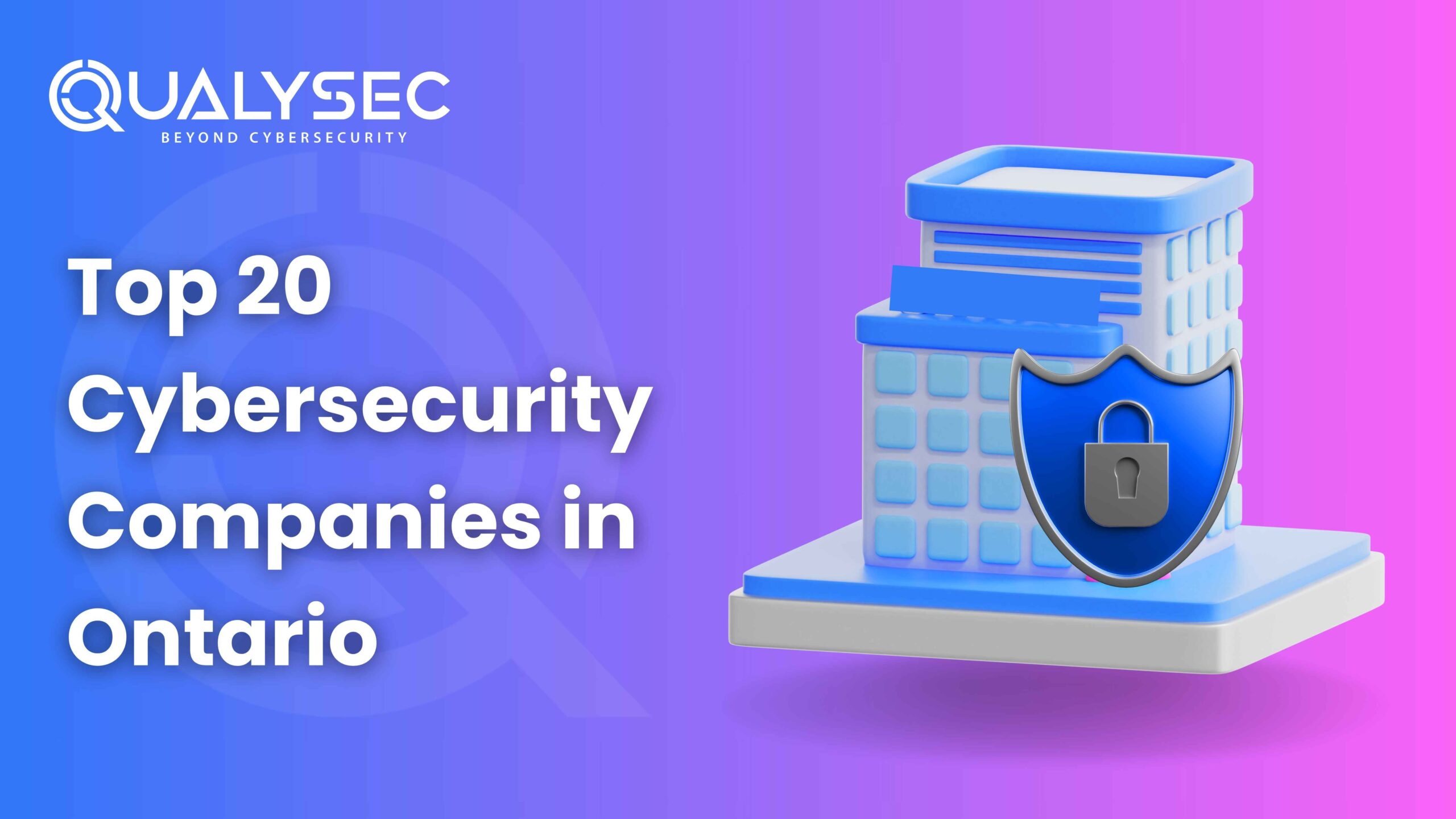
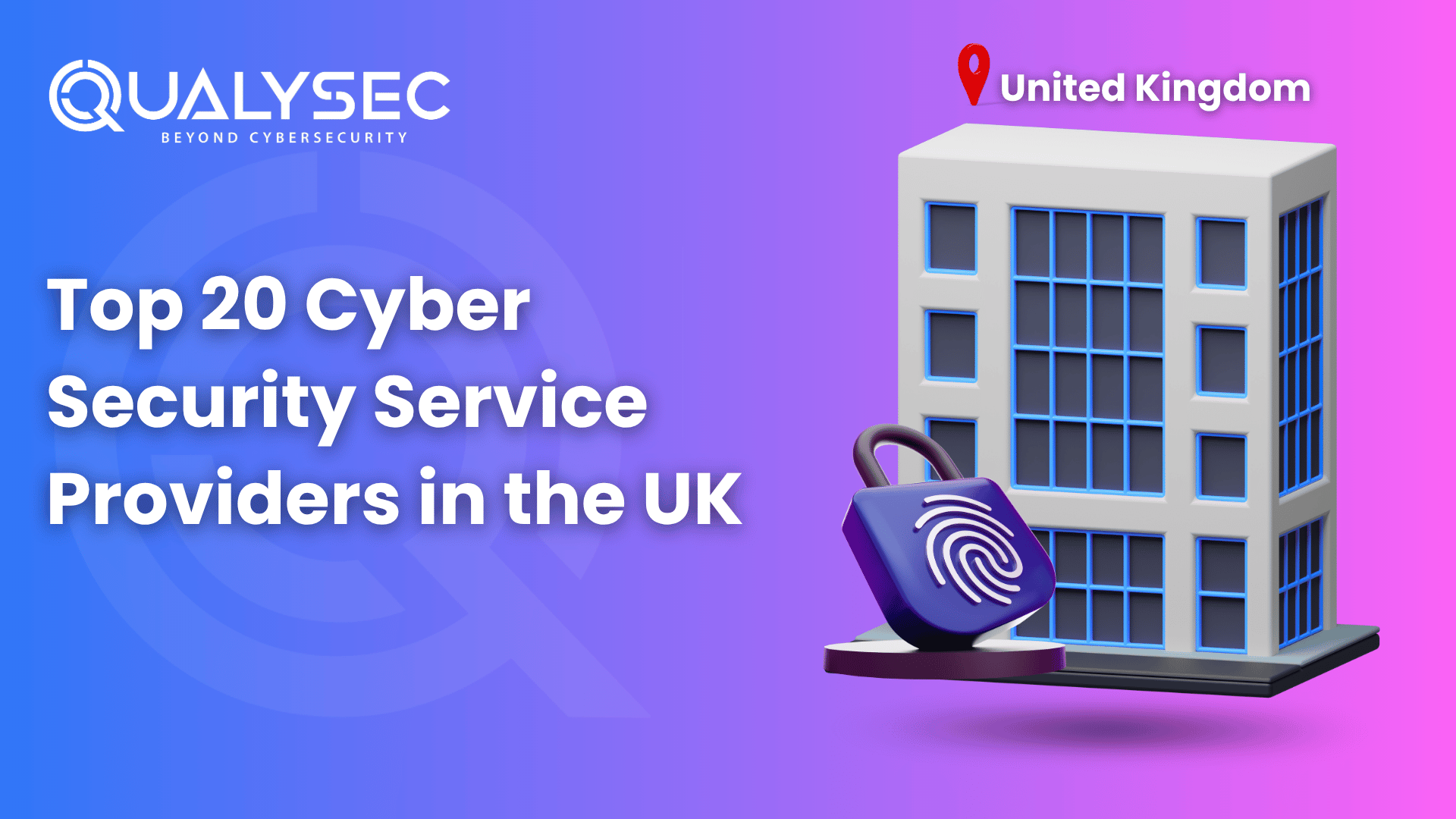
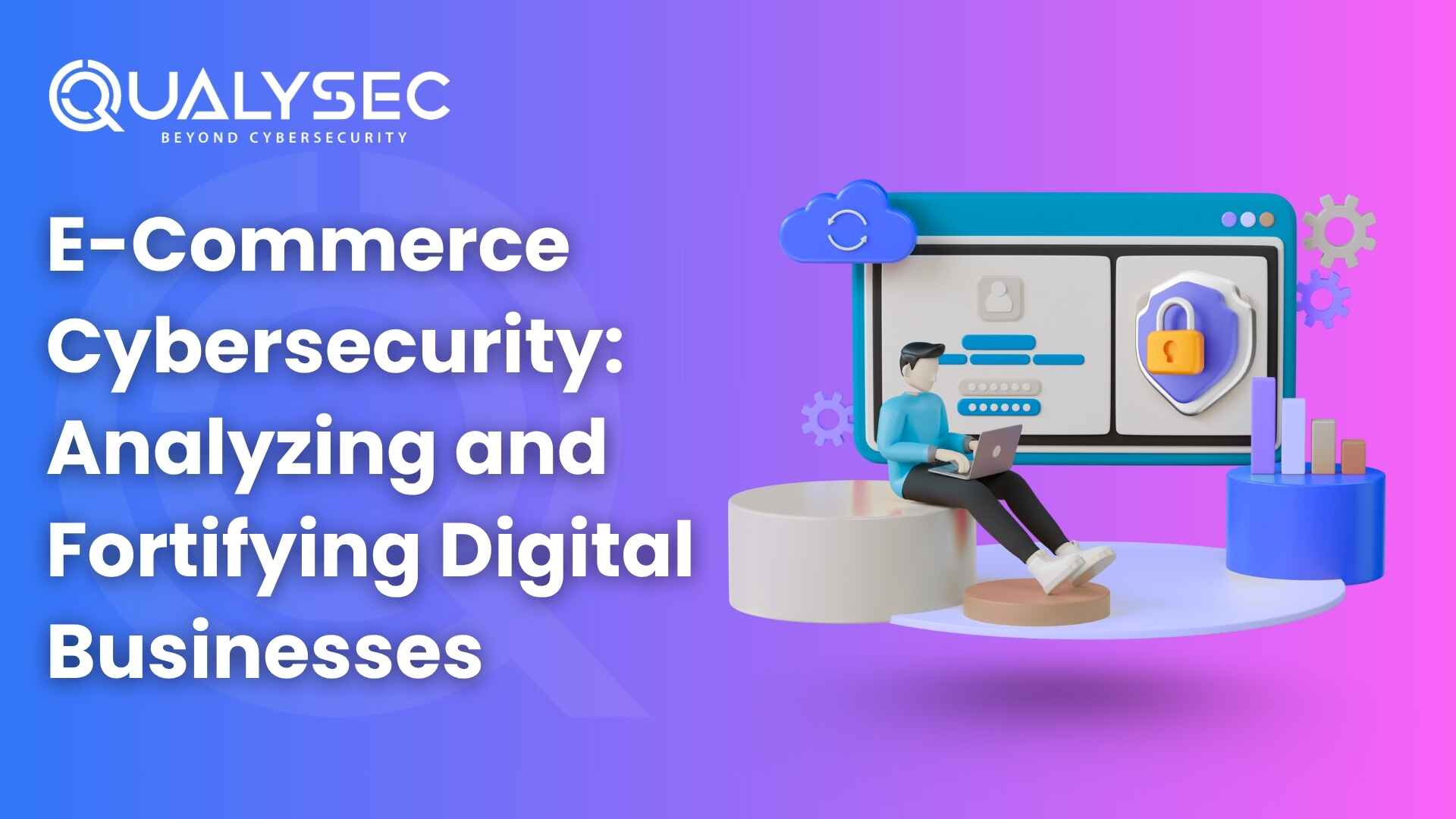
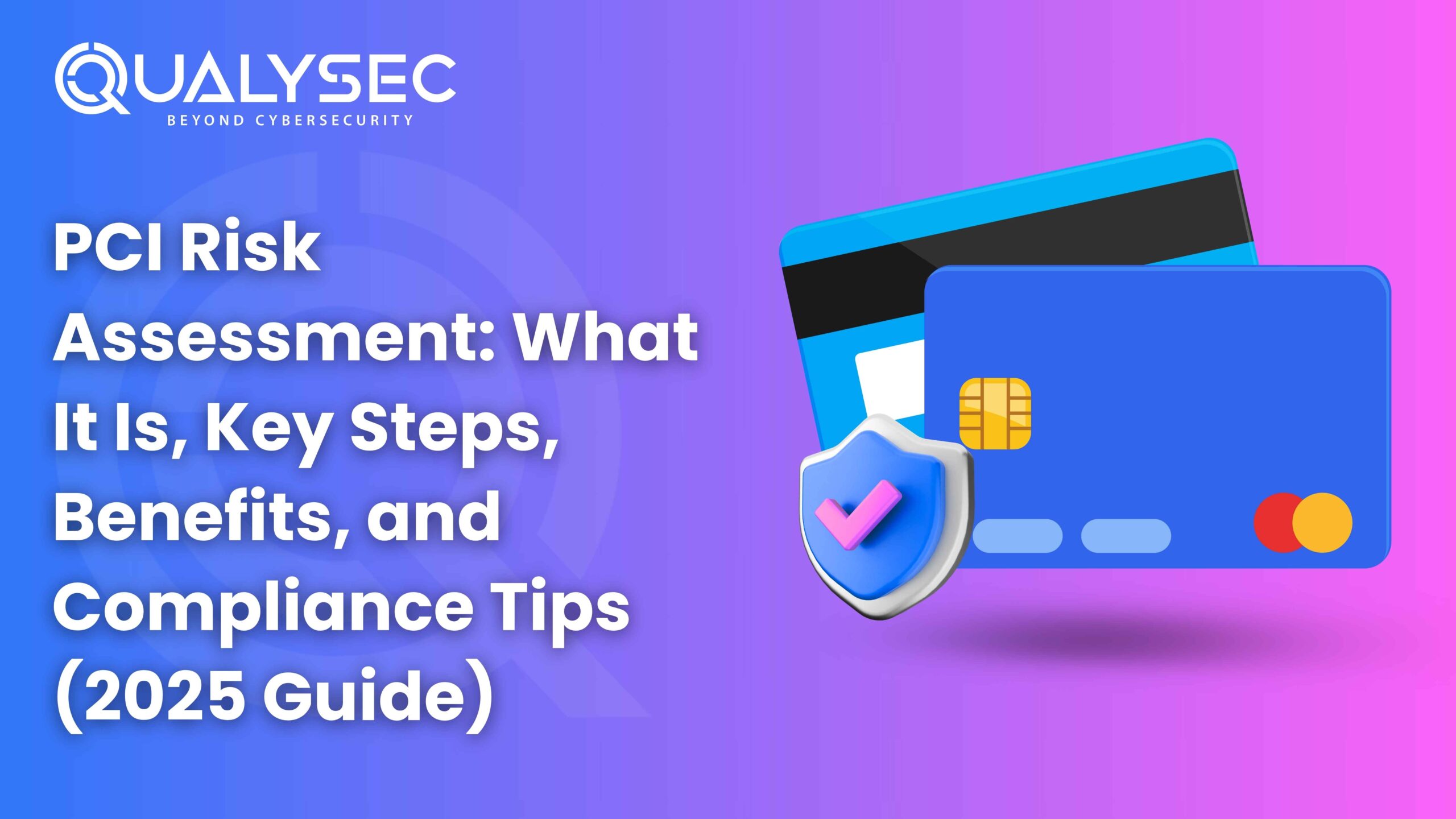


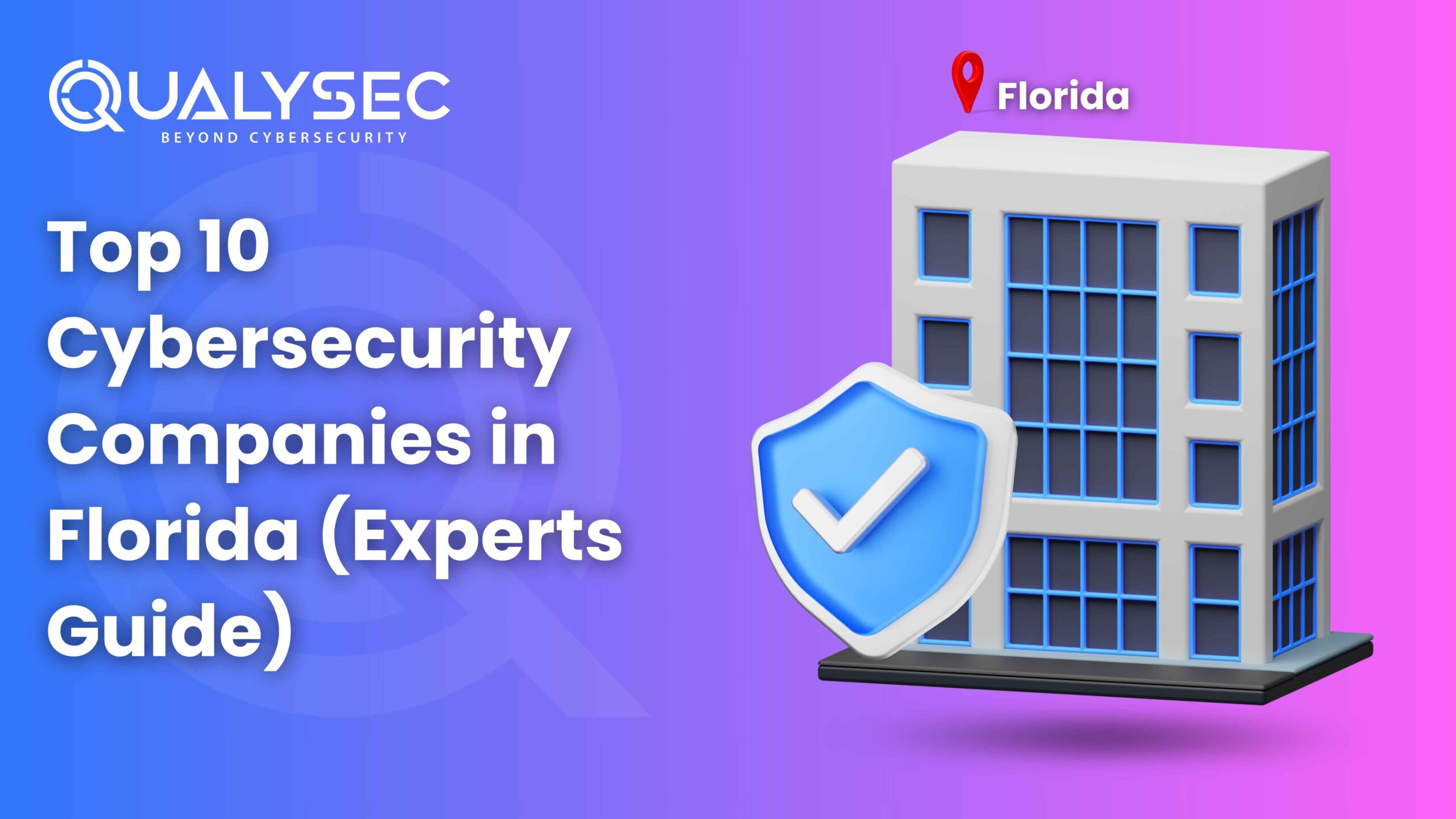











































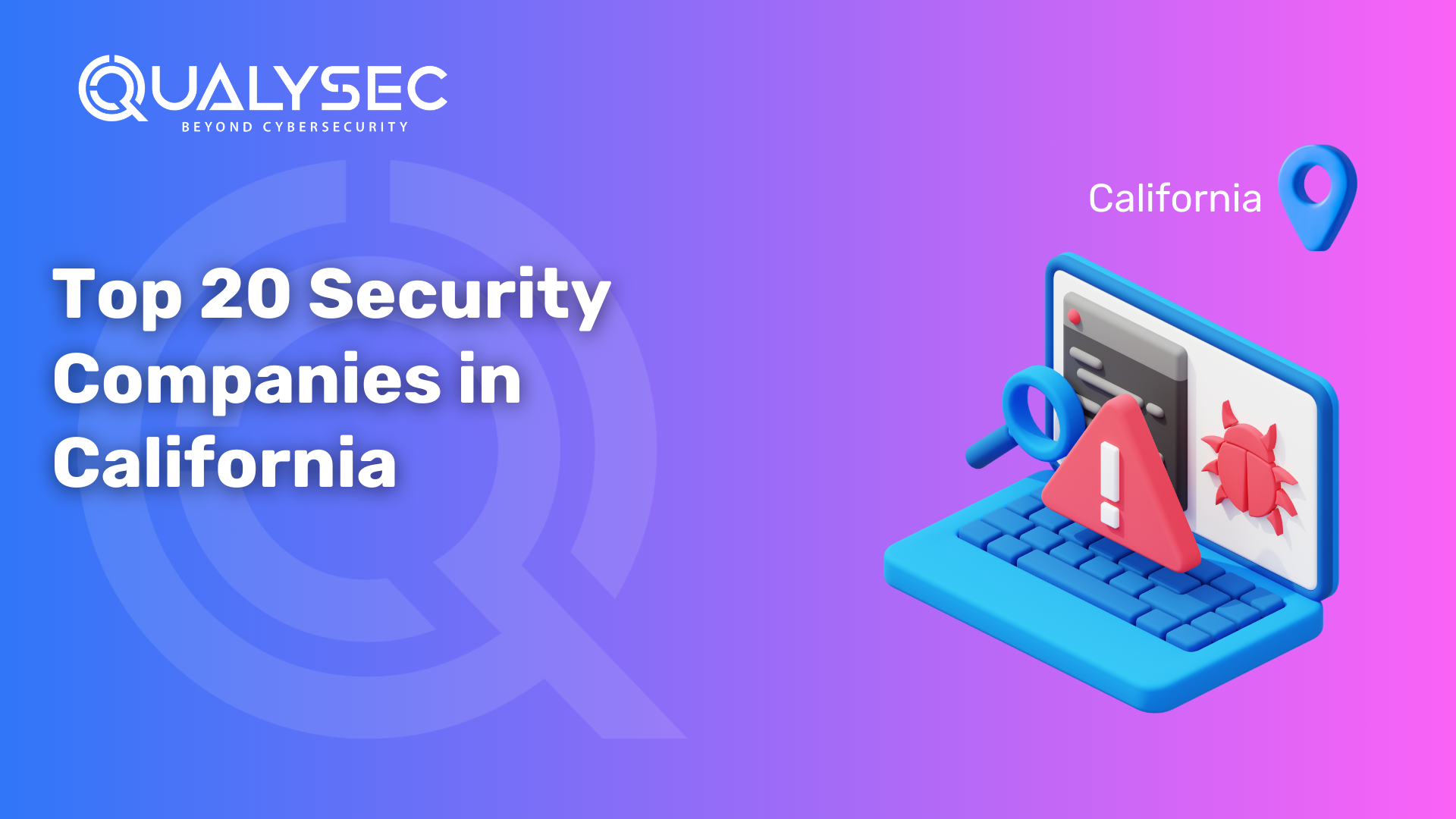







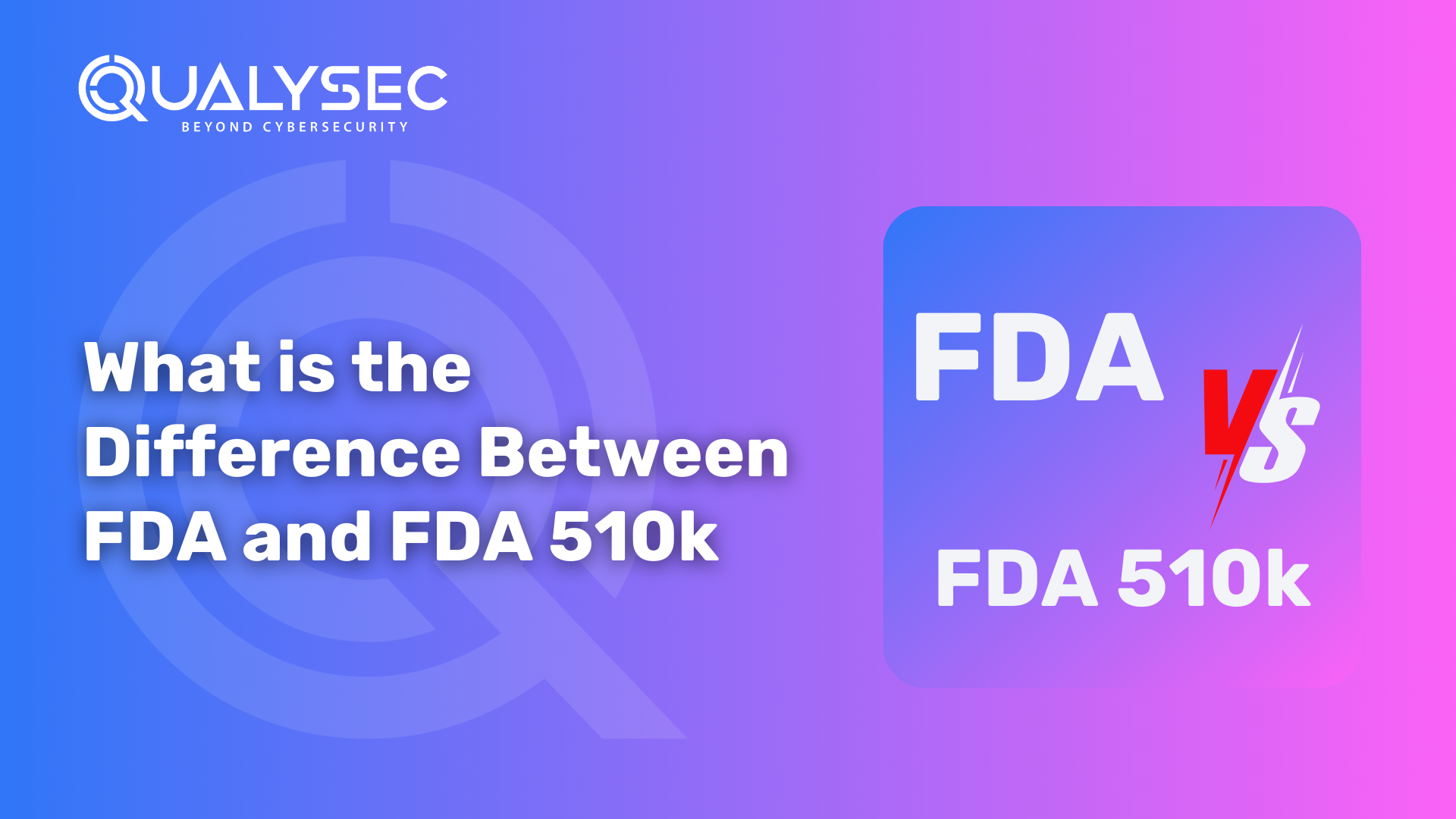









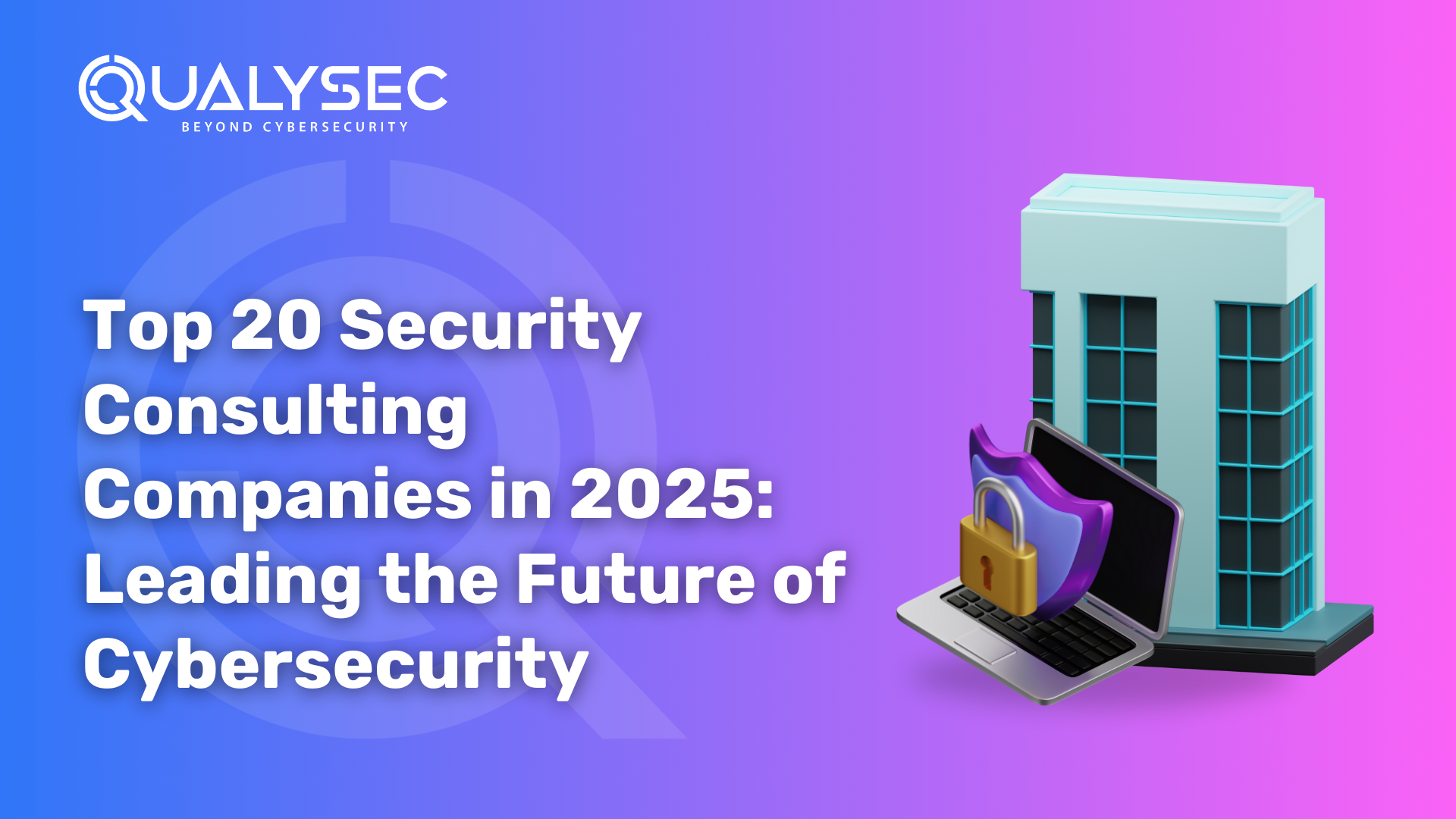
























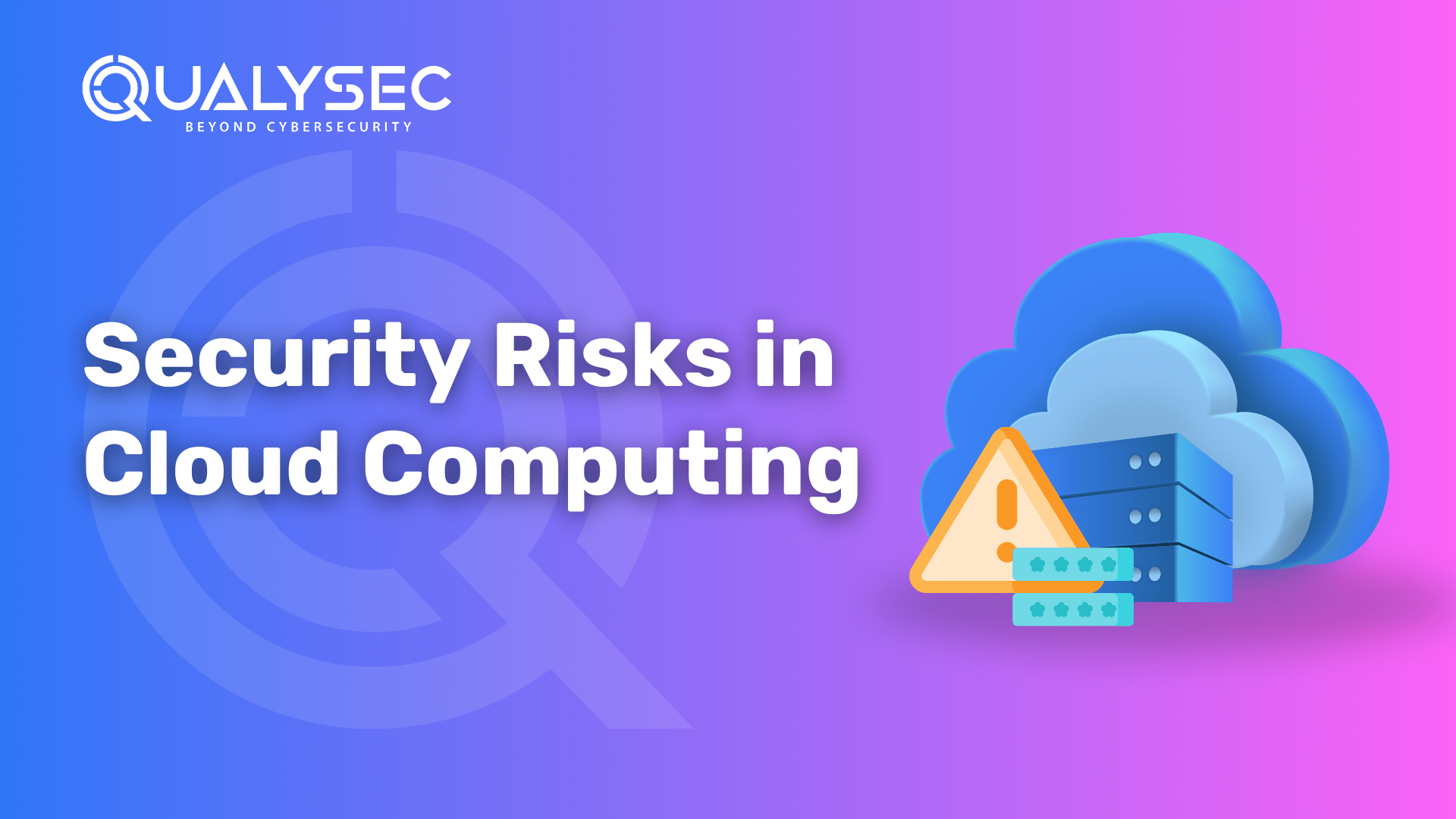







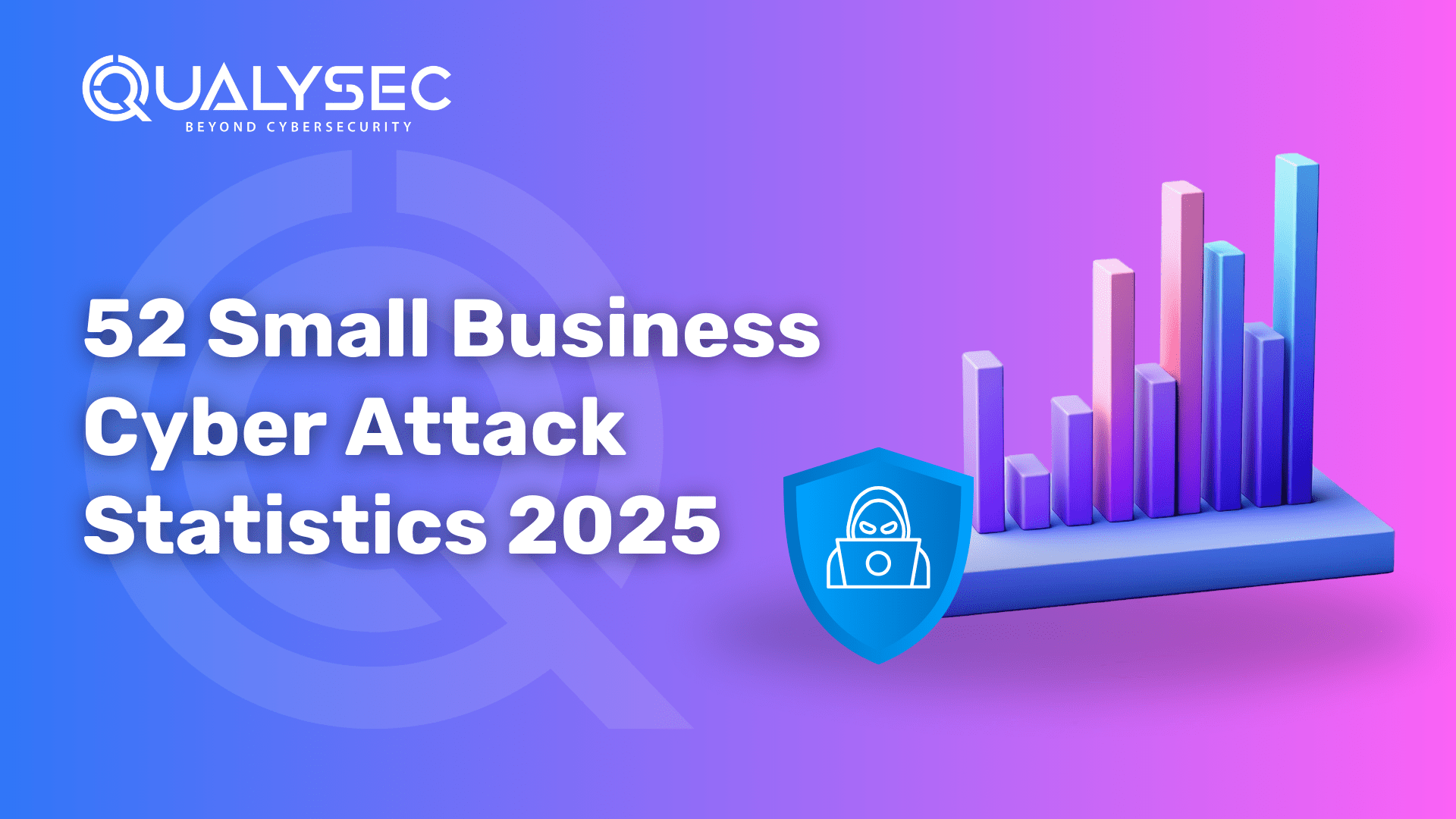


























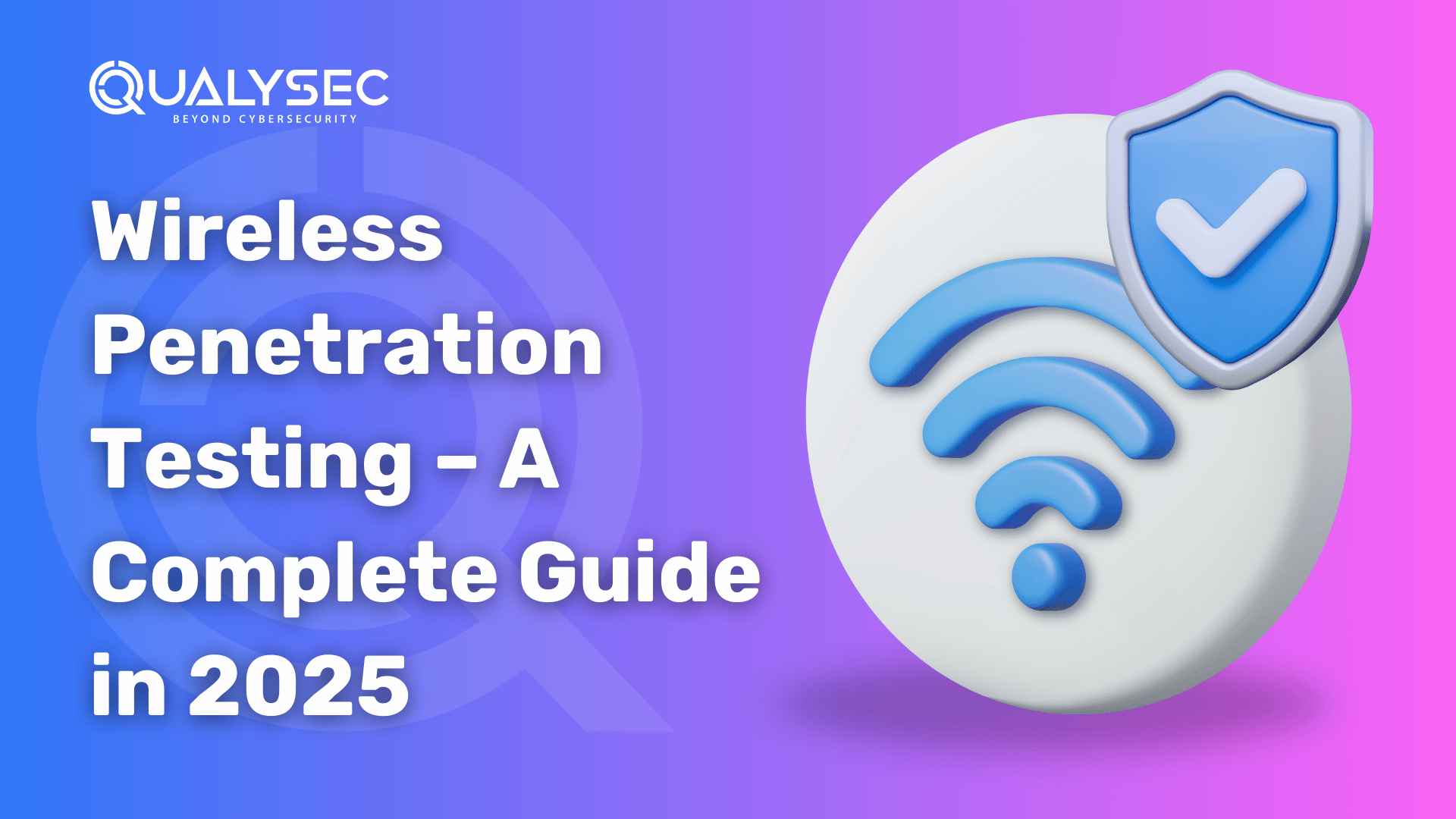




























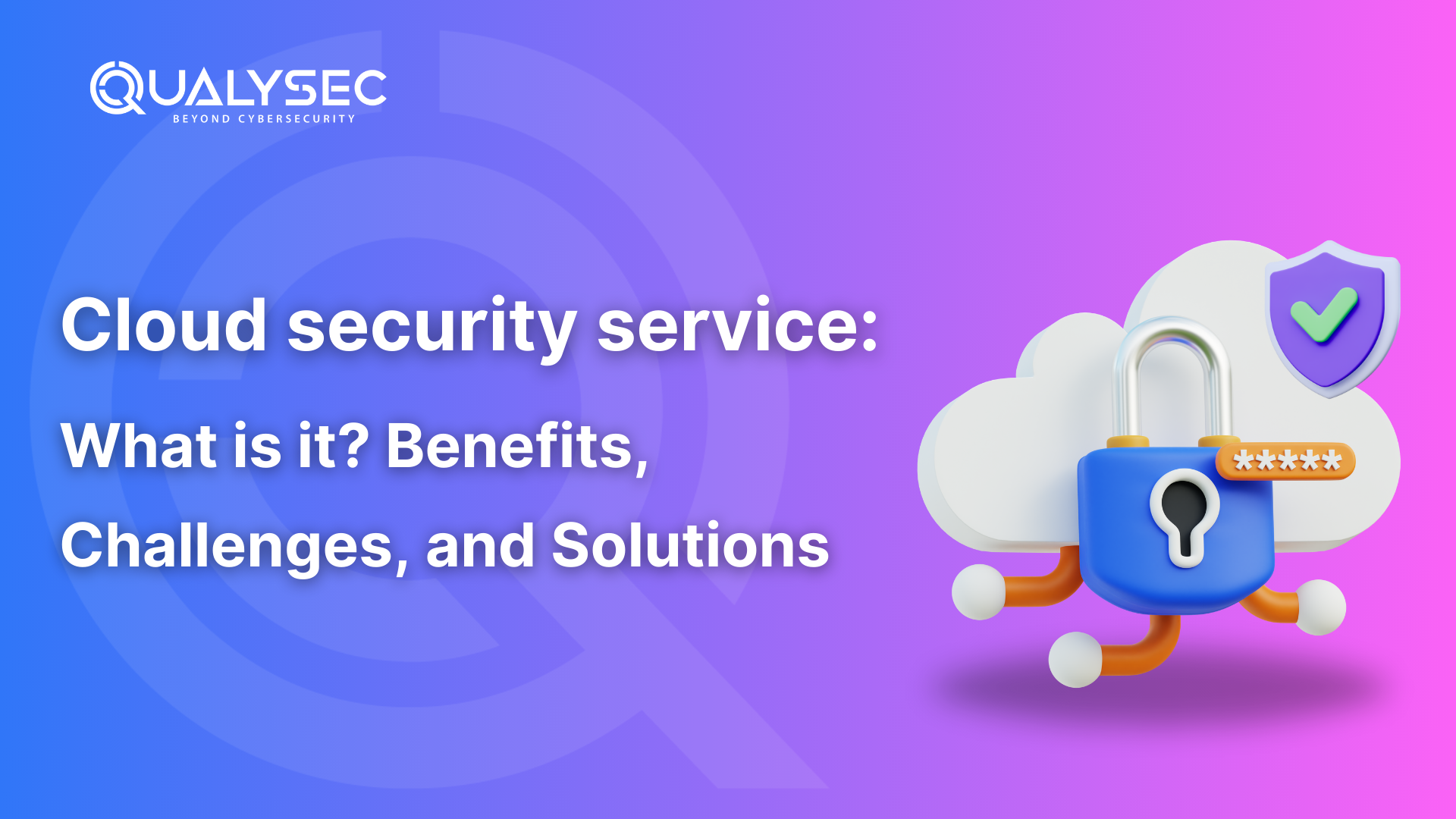


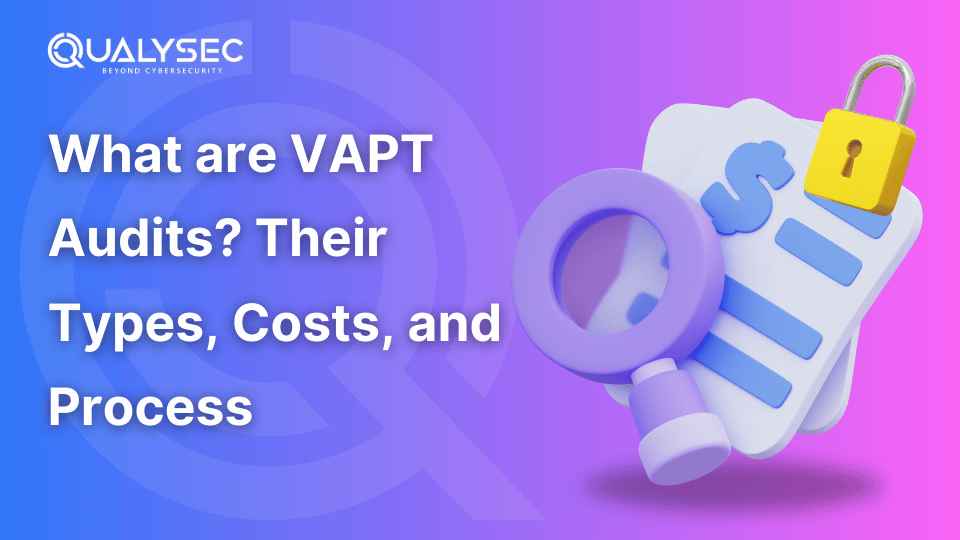








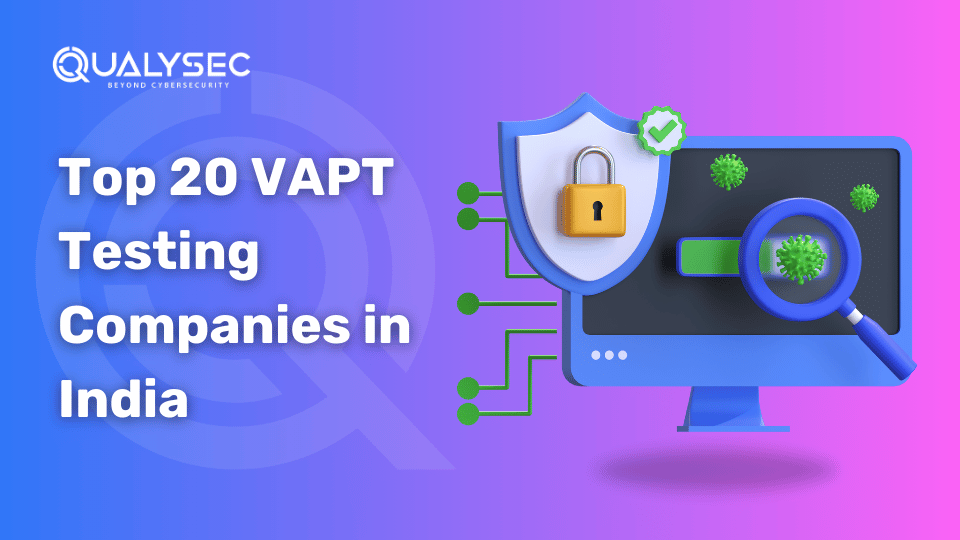


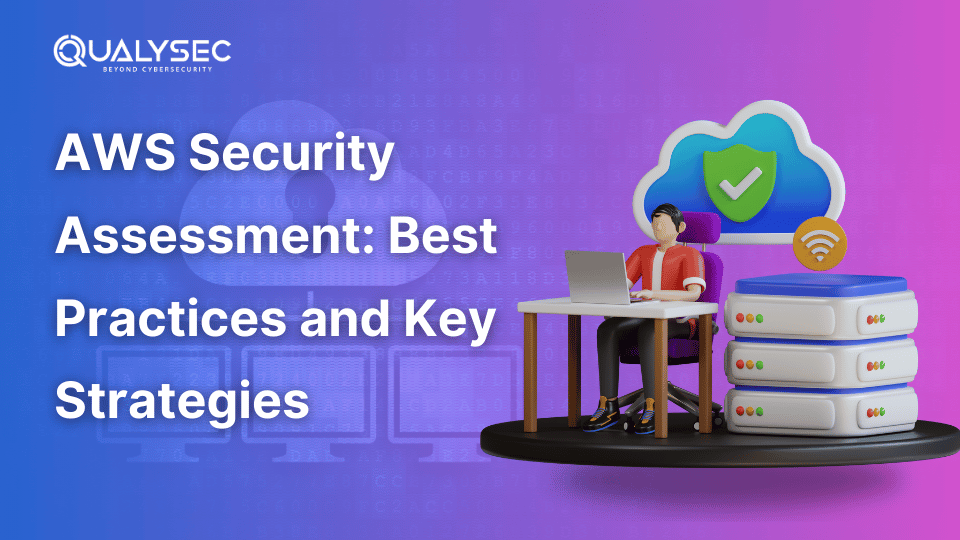




















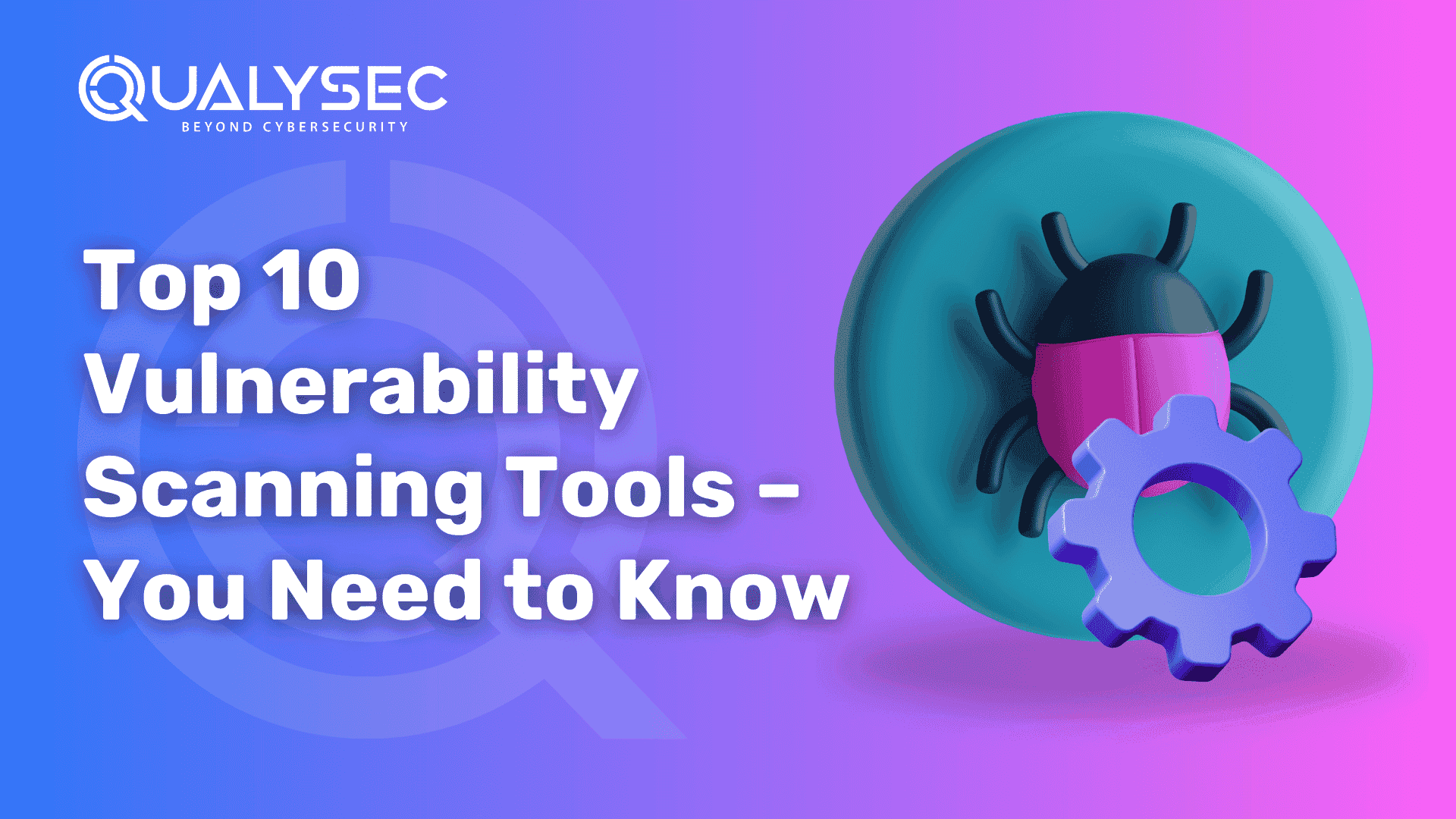


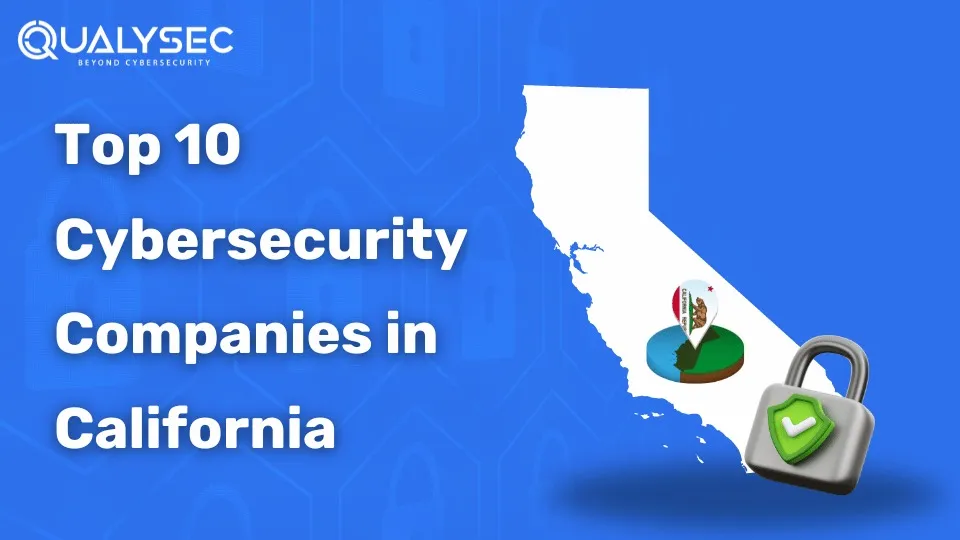
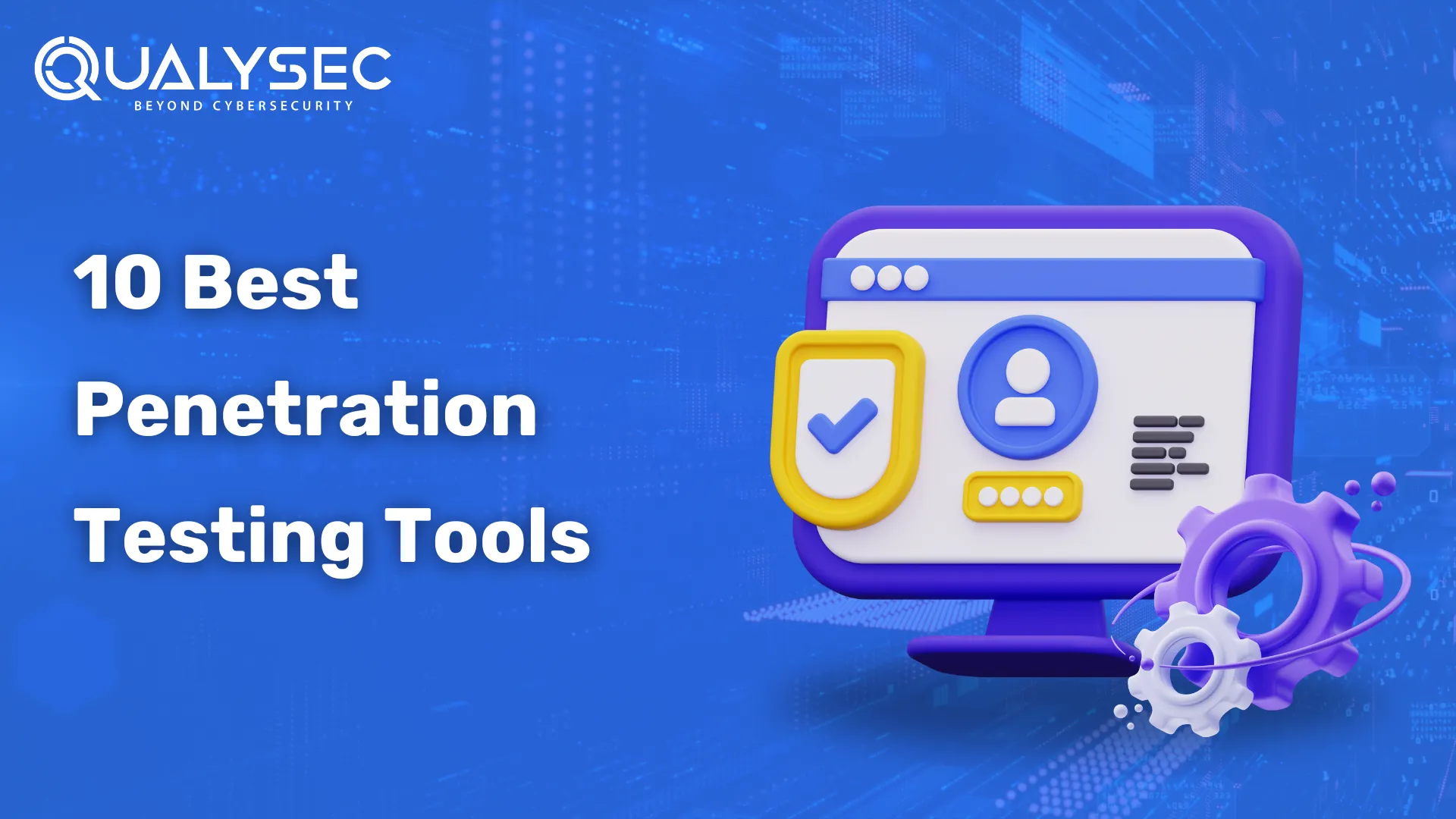









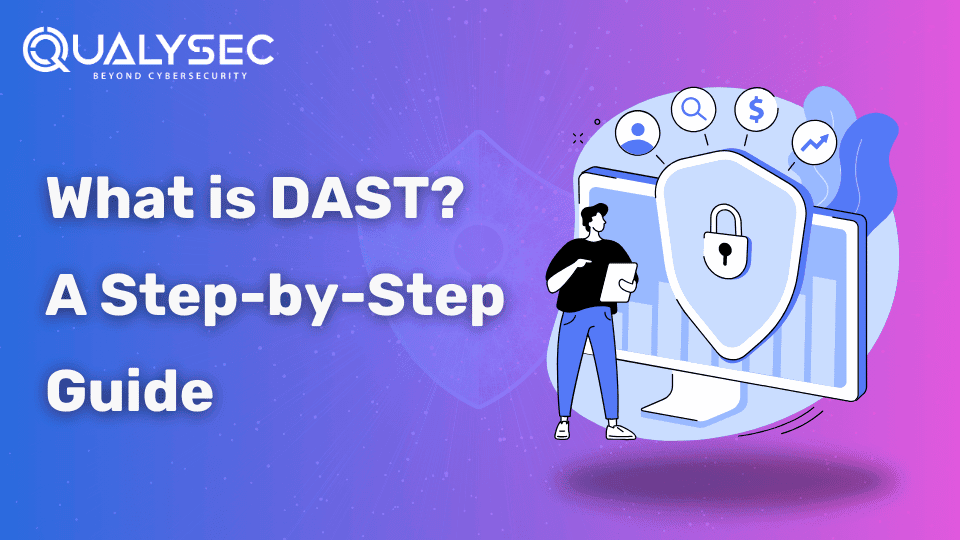


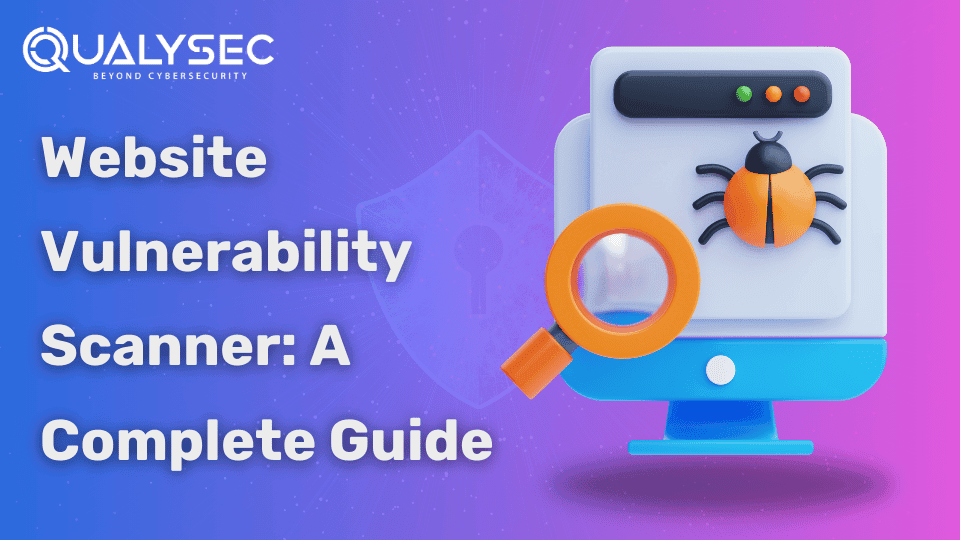

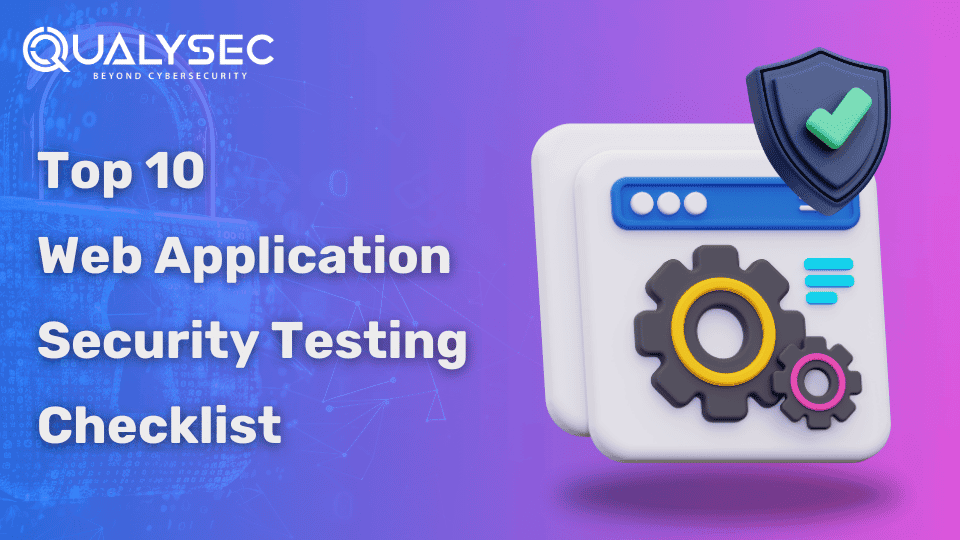

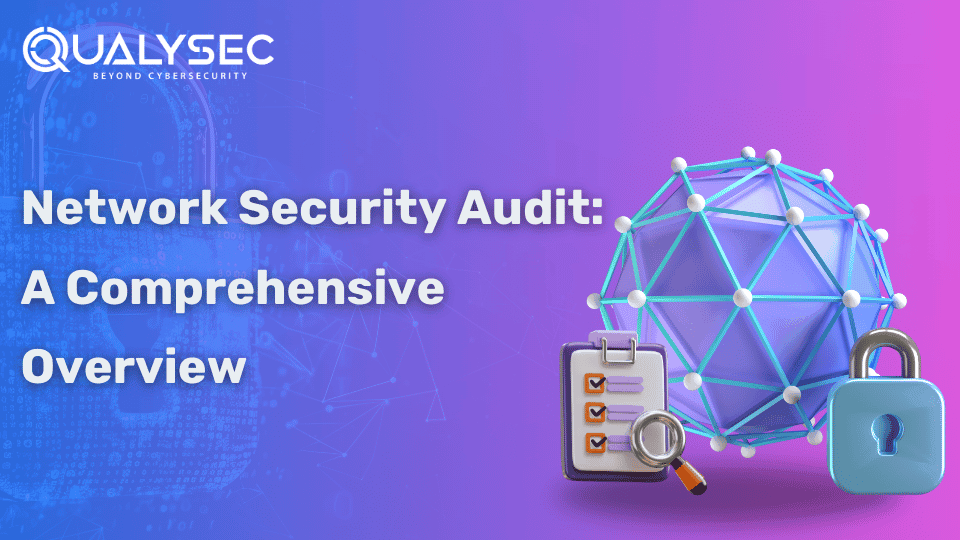











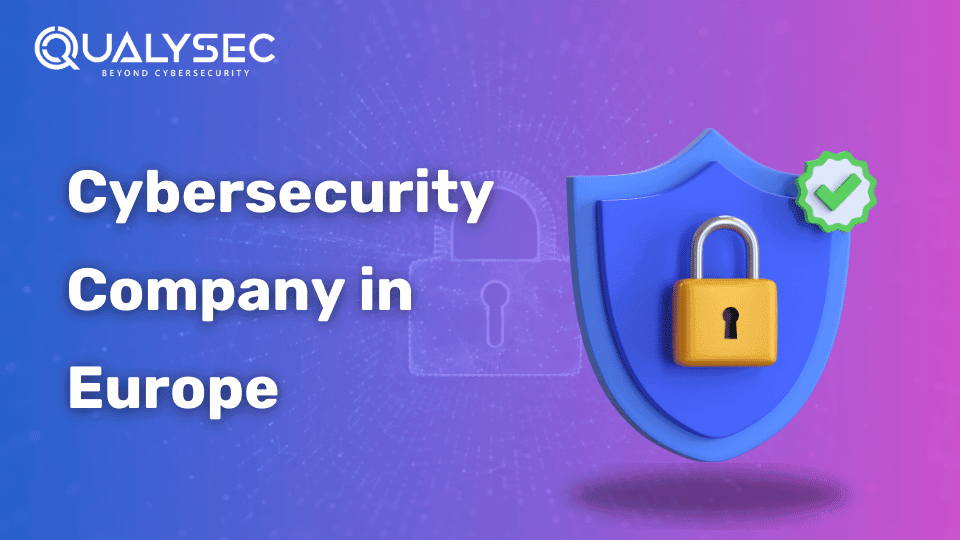
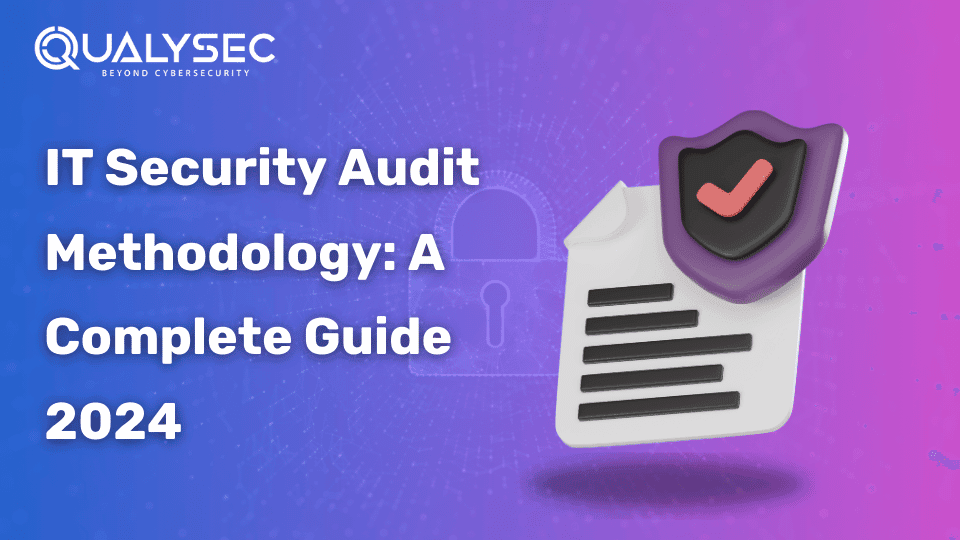

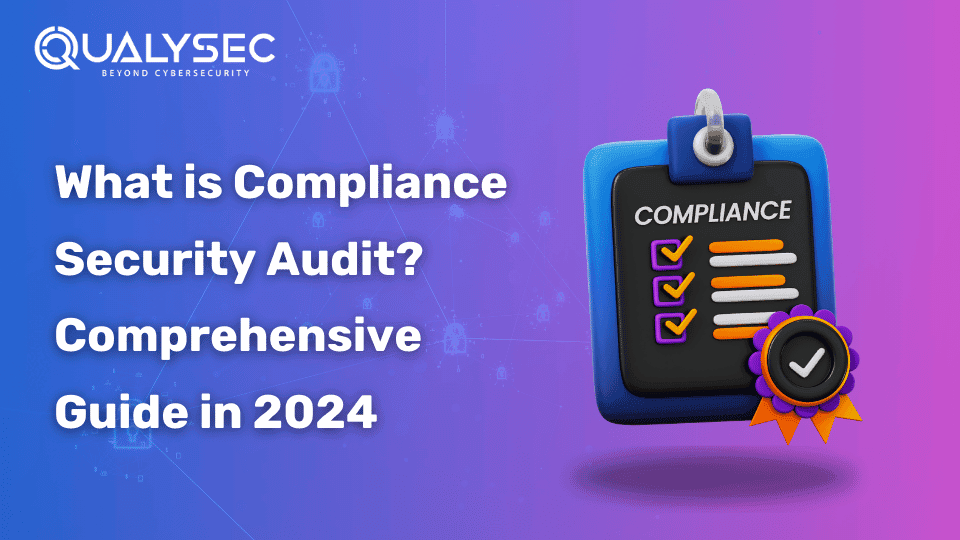


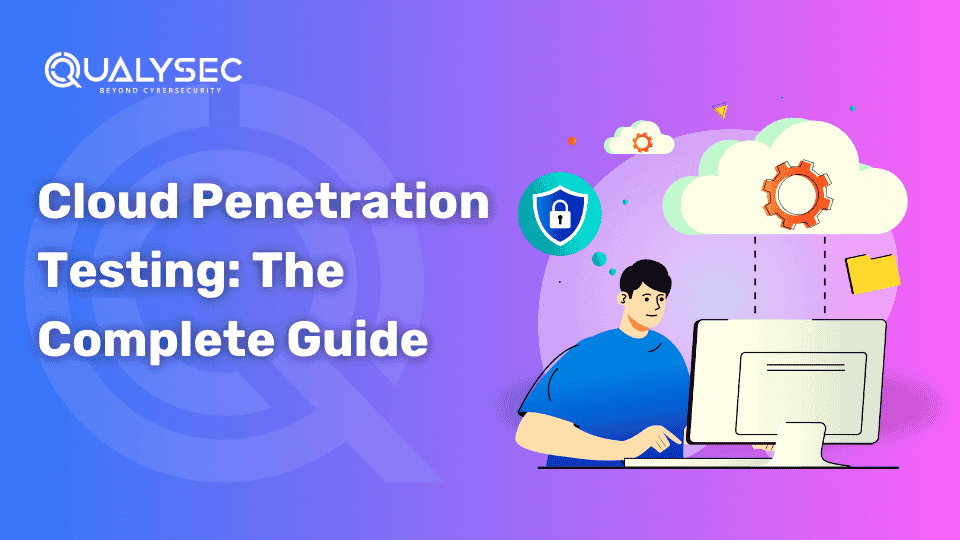


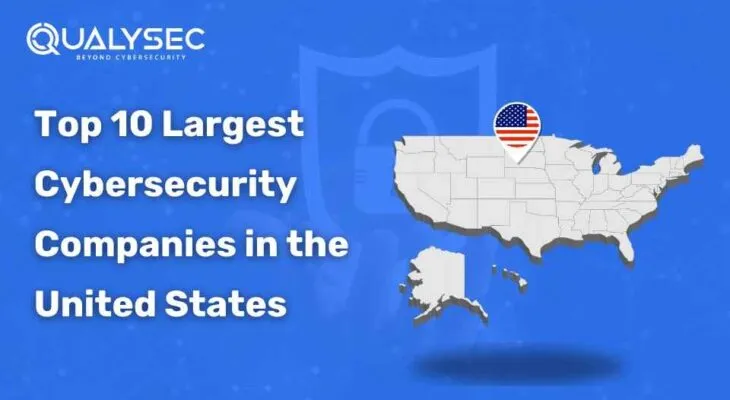


























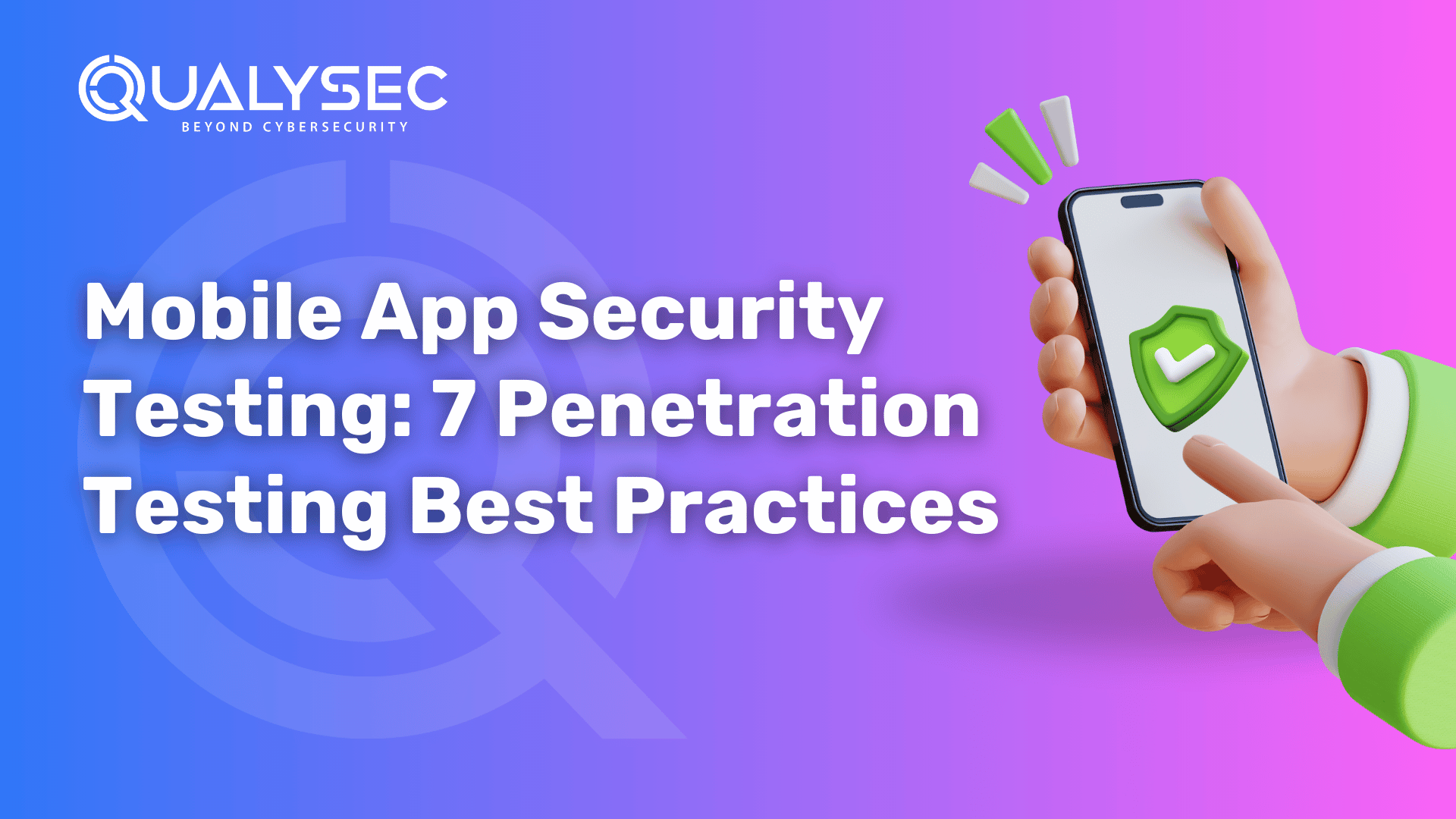














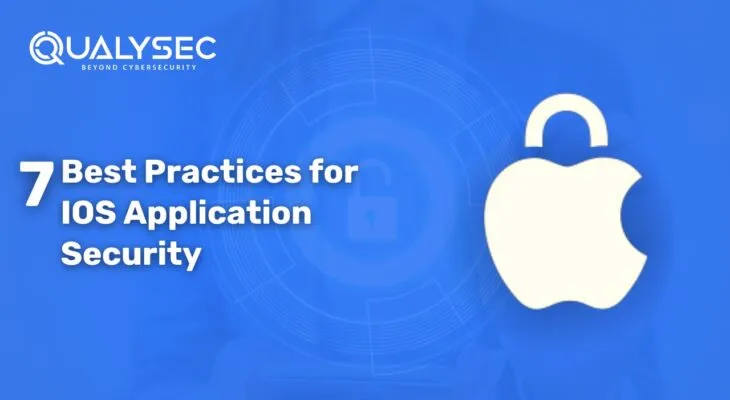


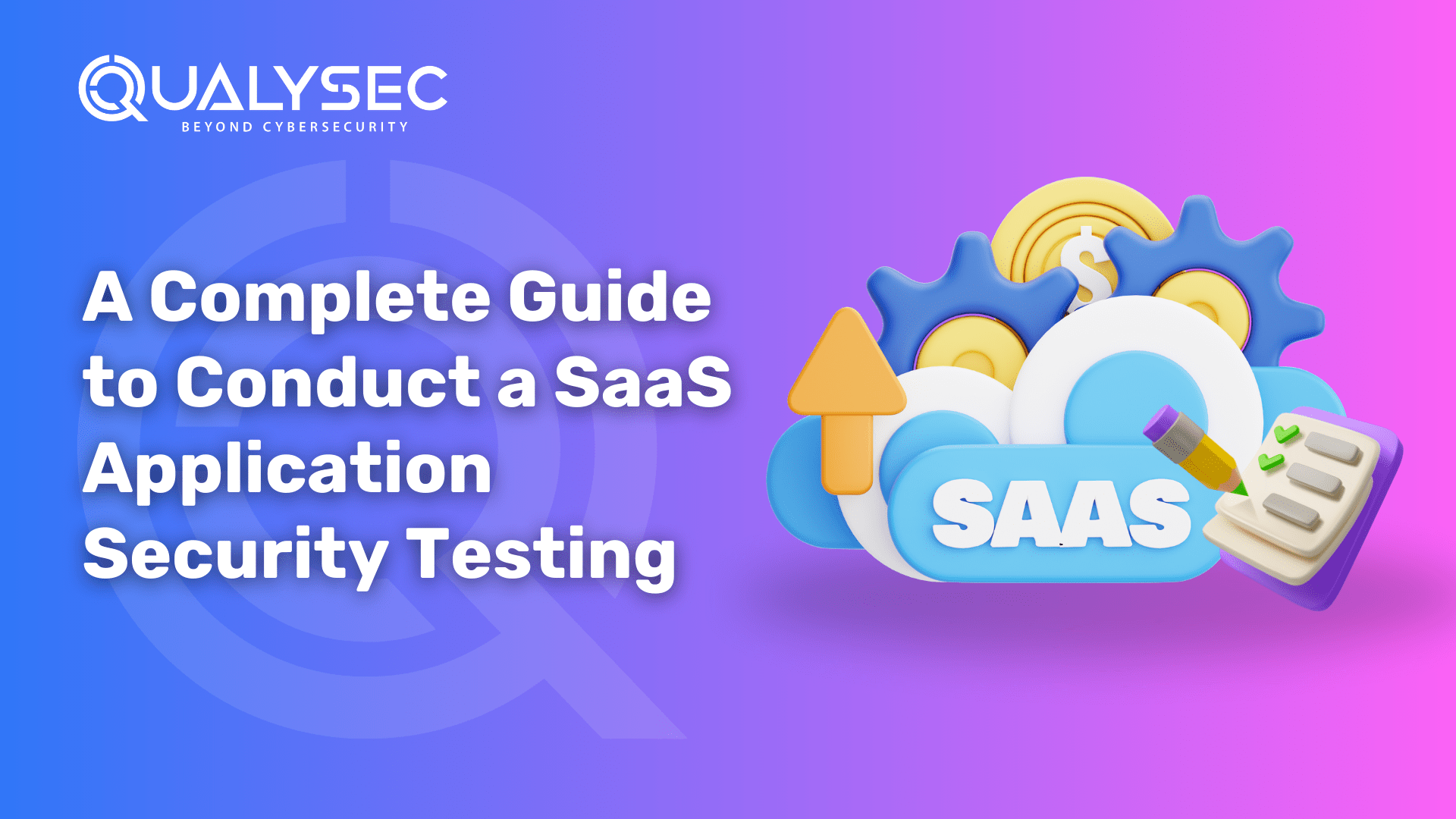





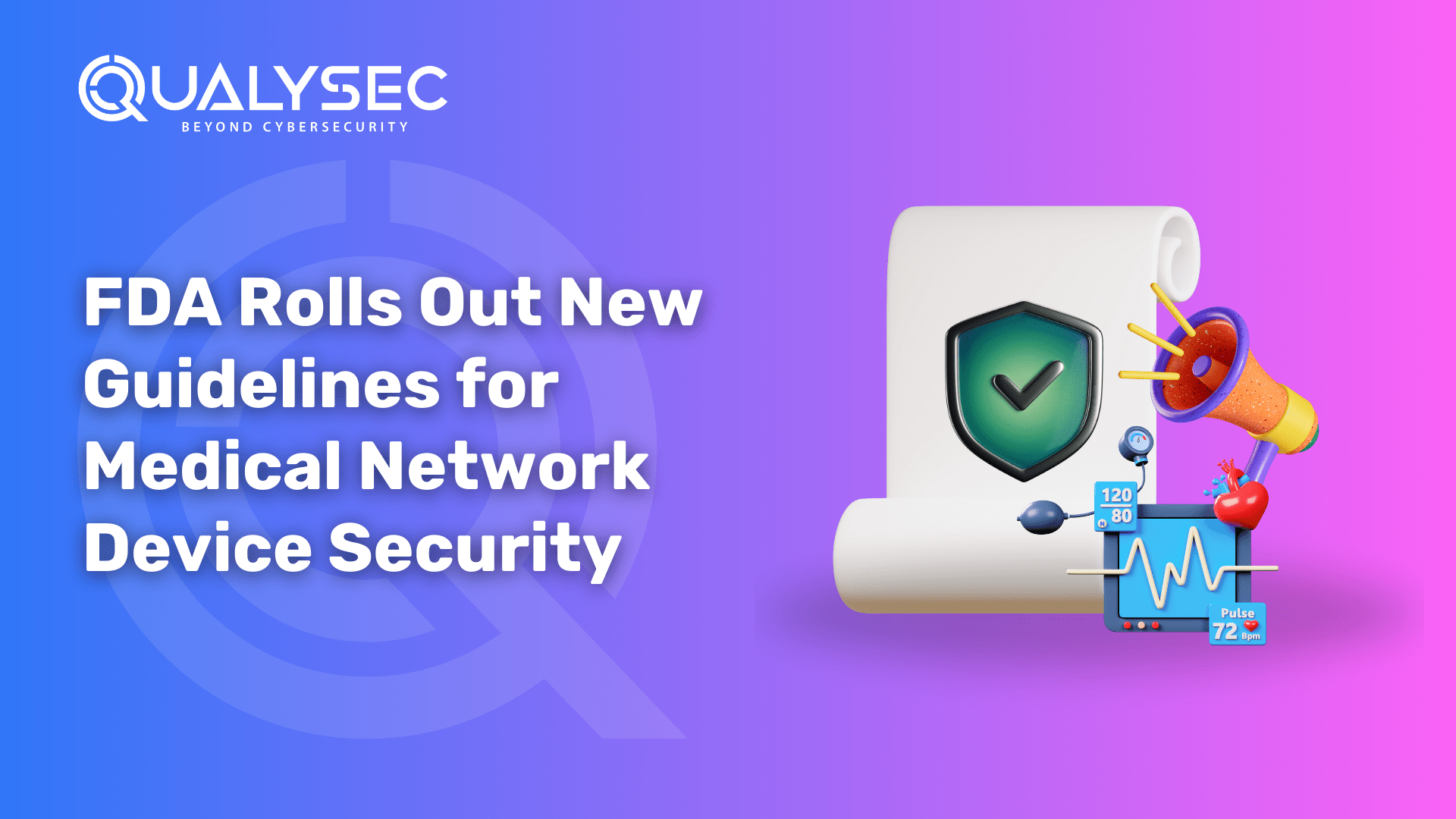















































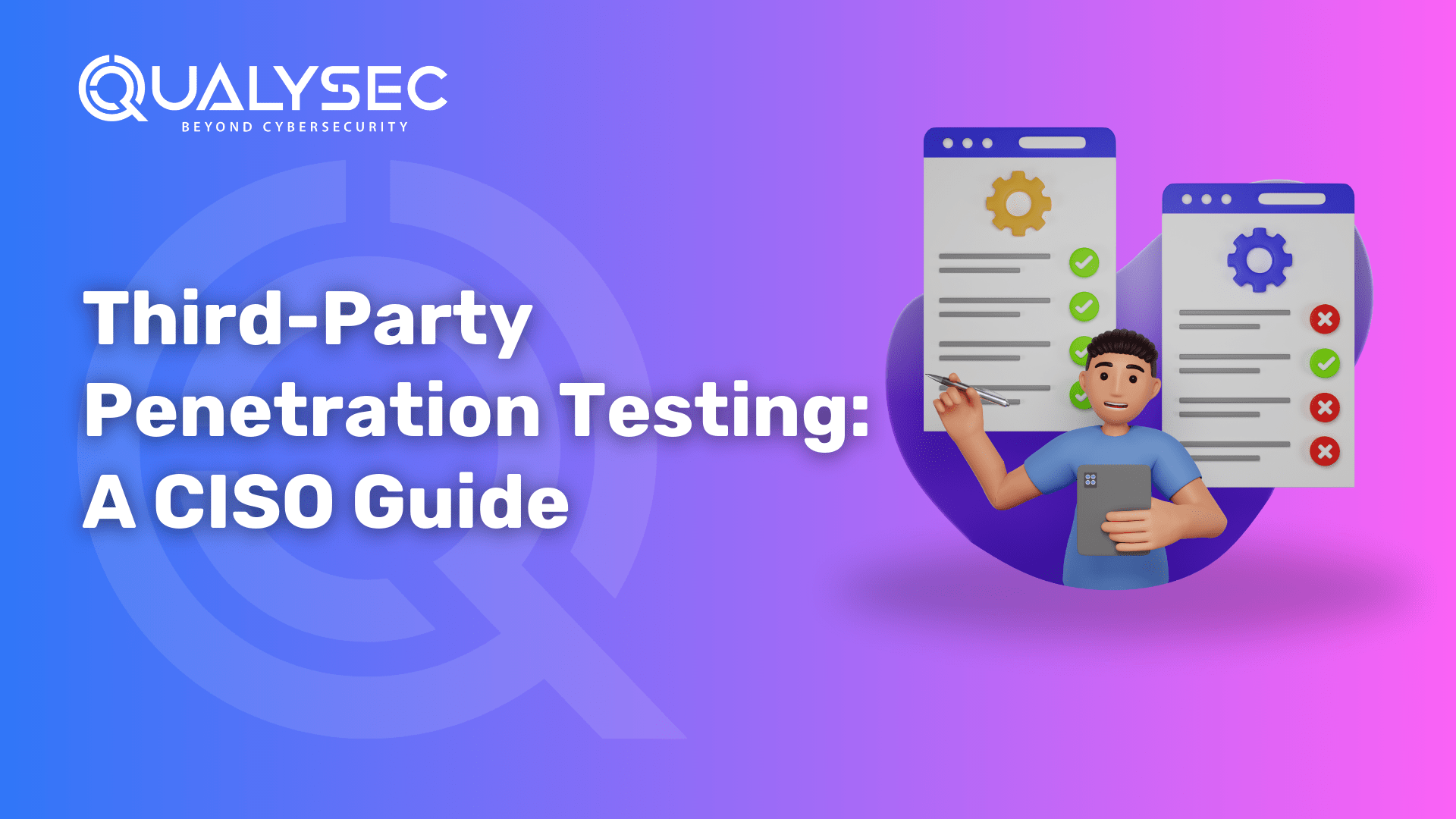





































































































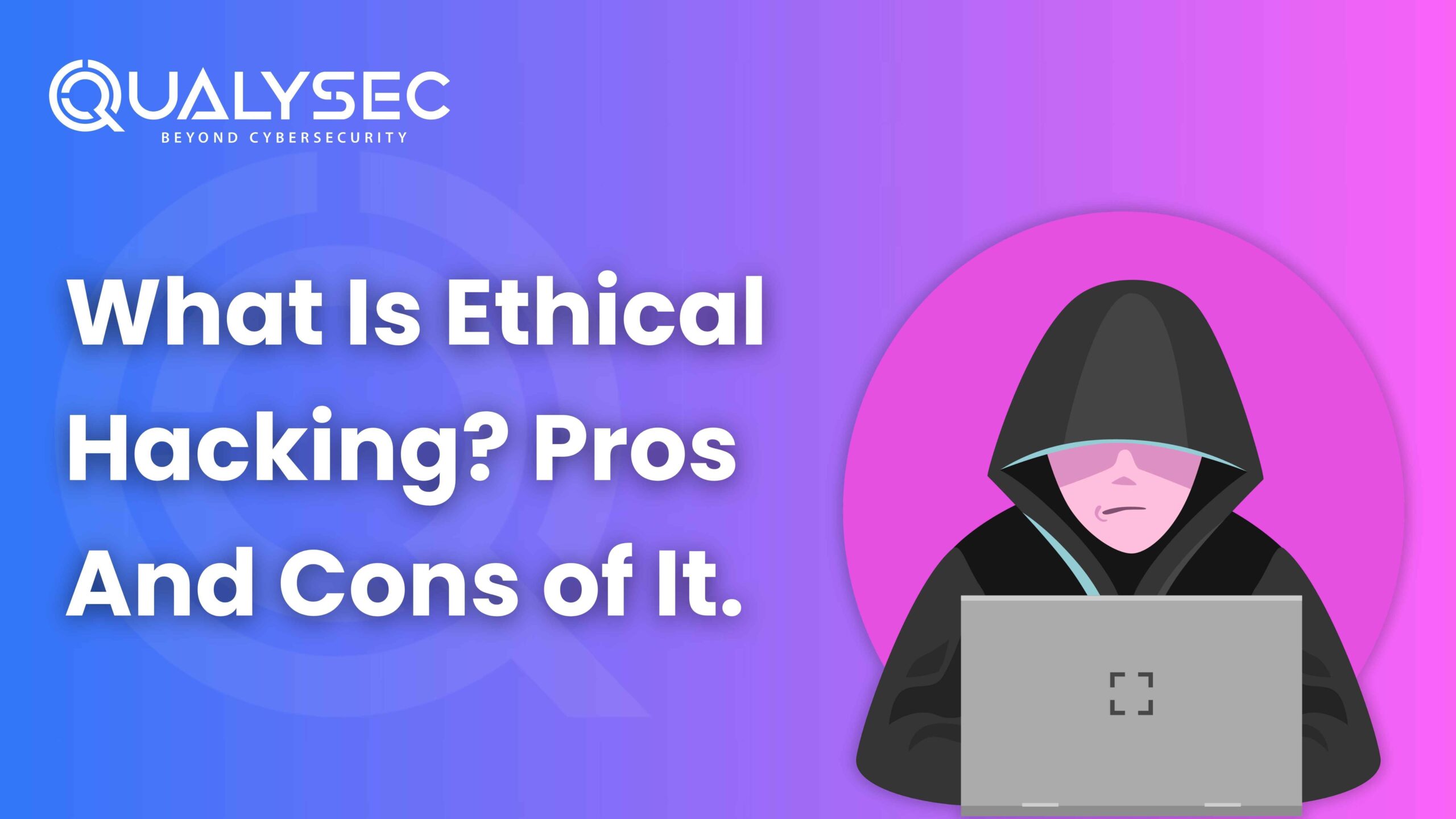







































0 Comments